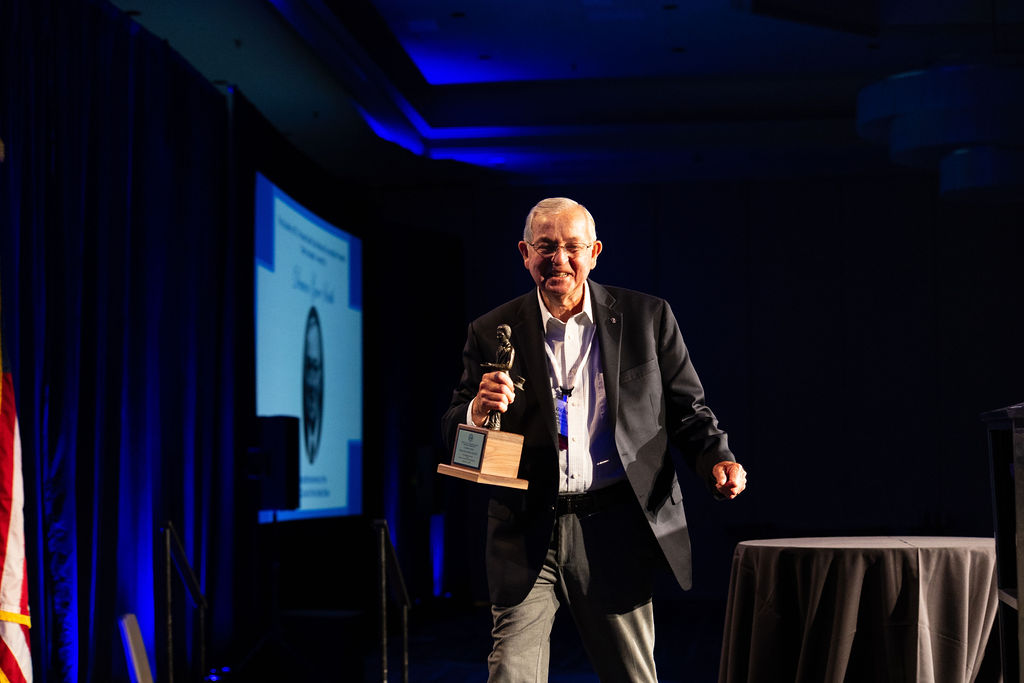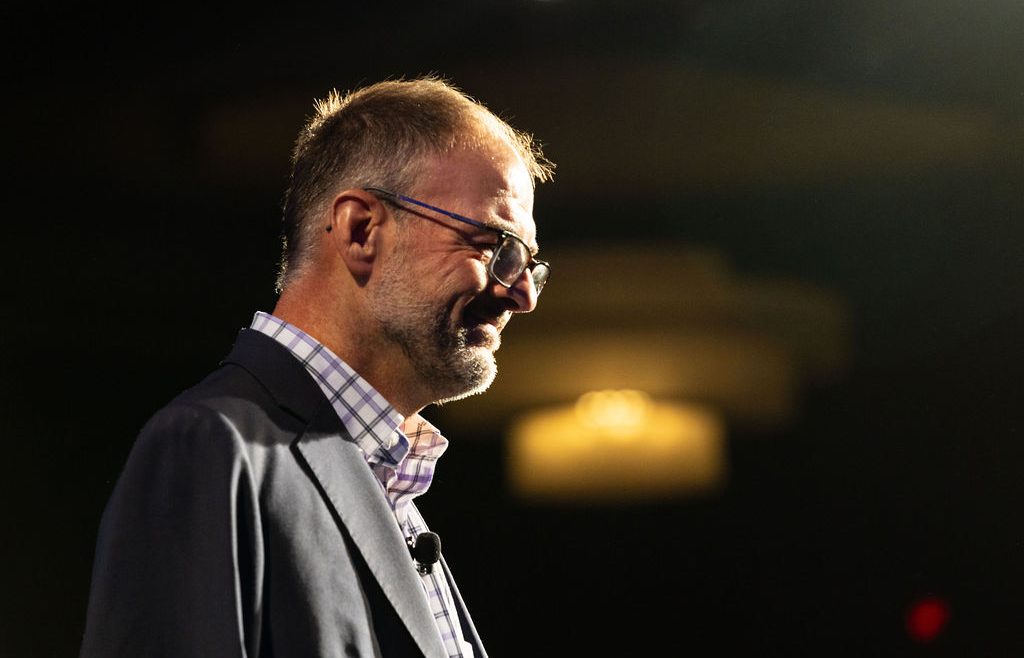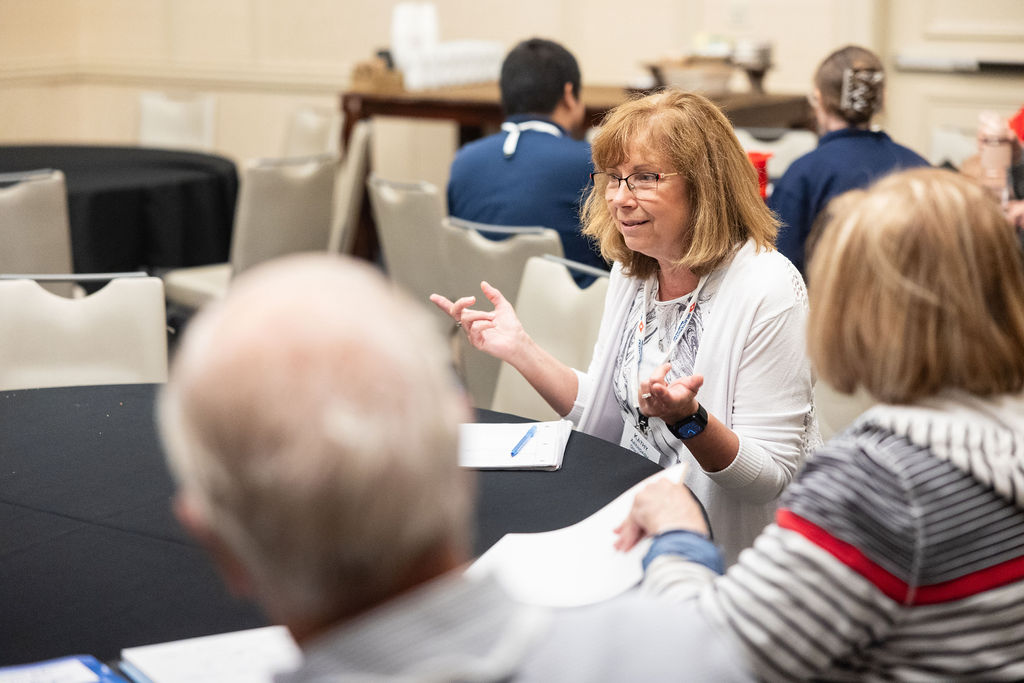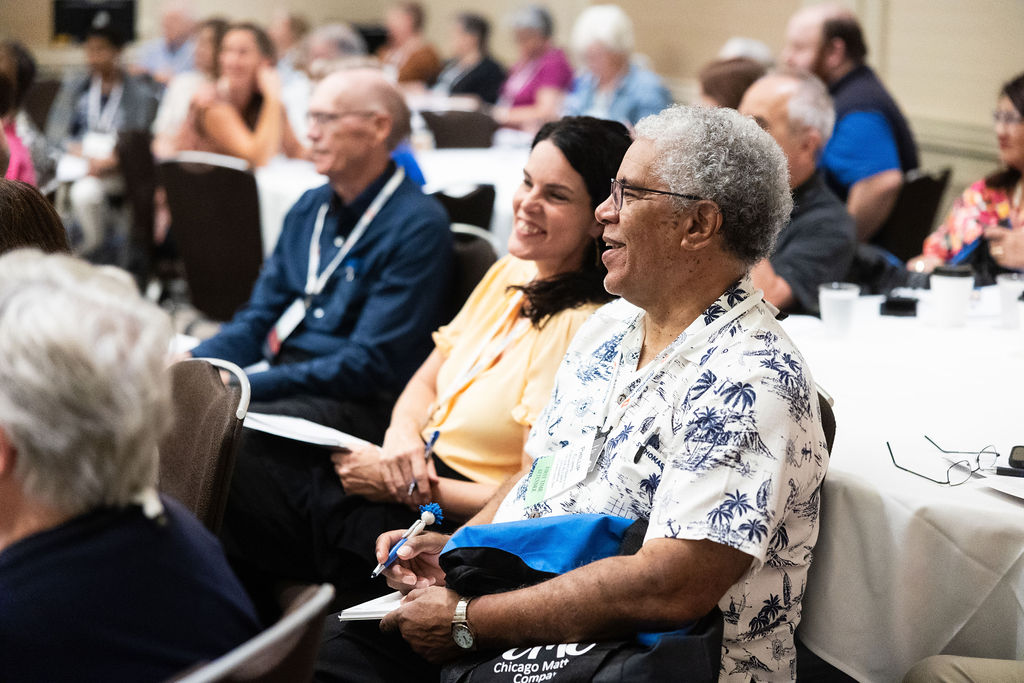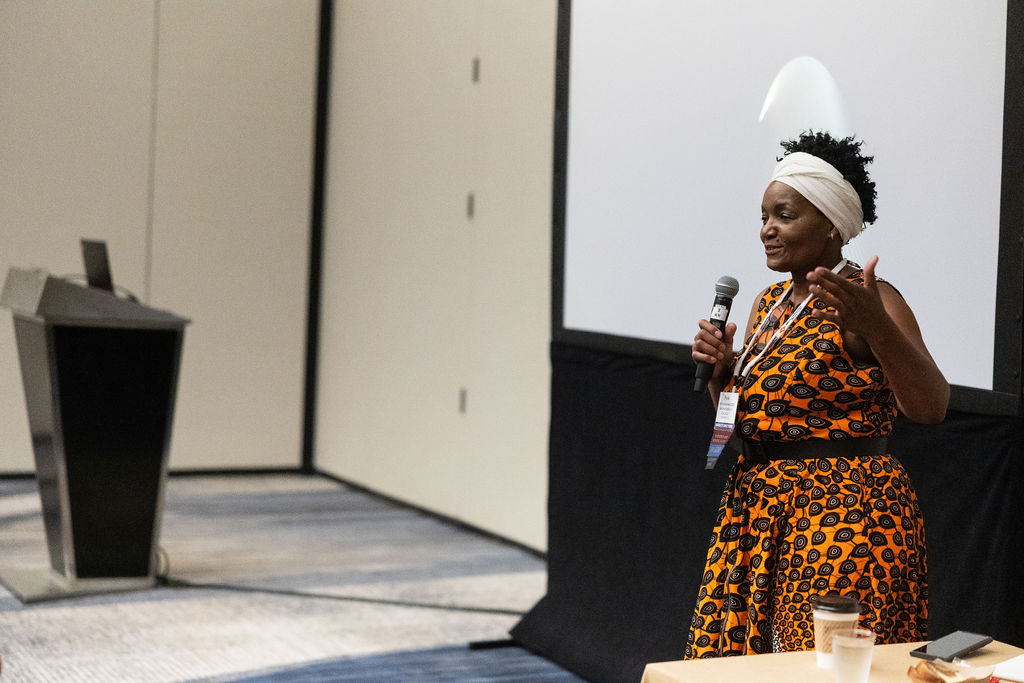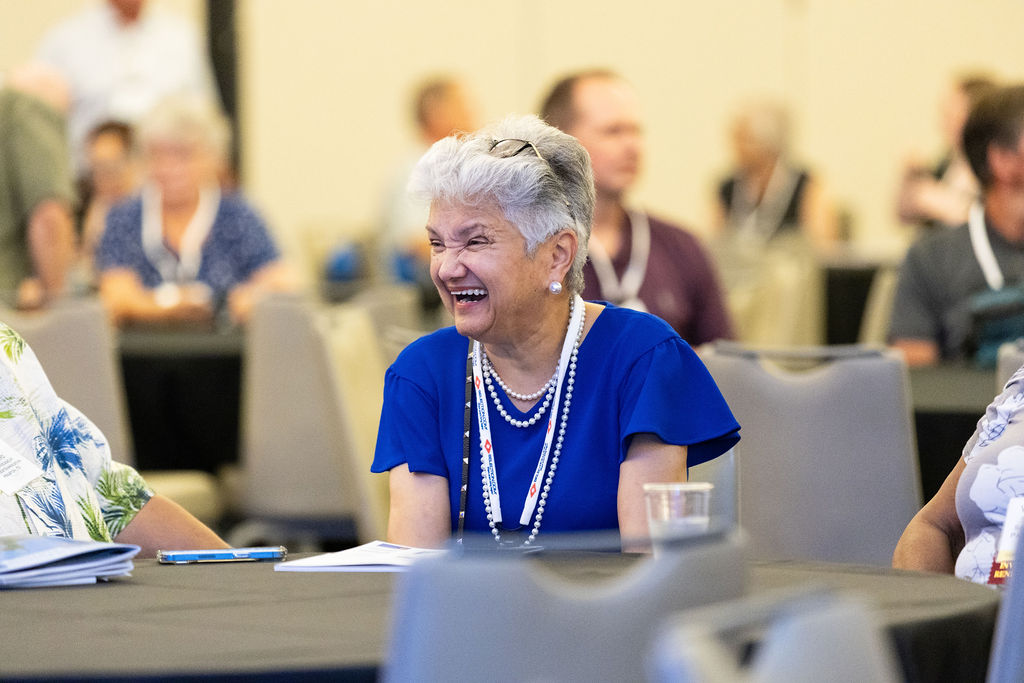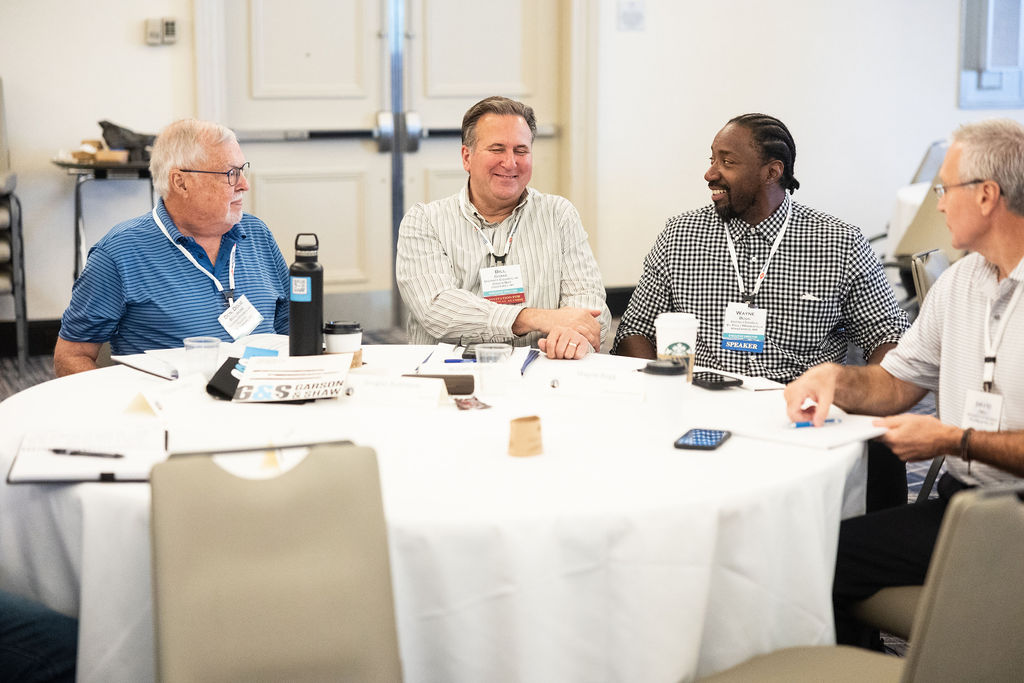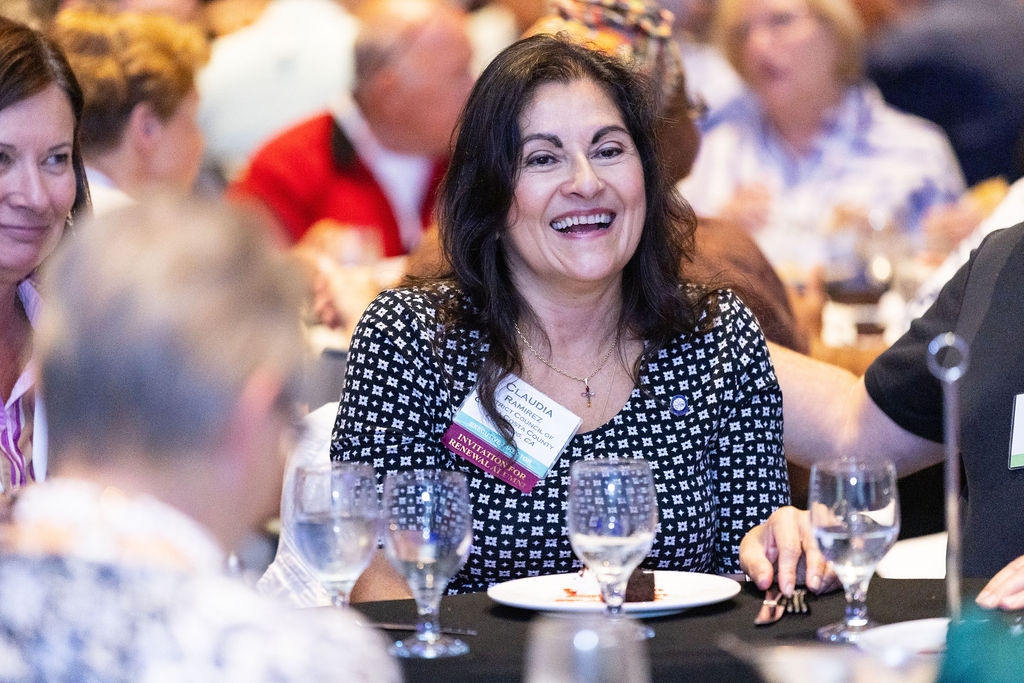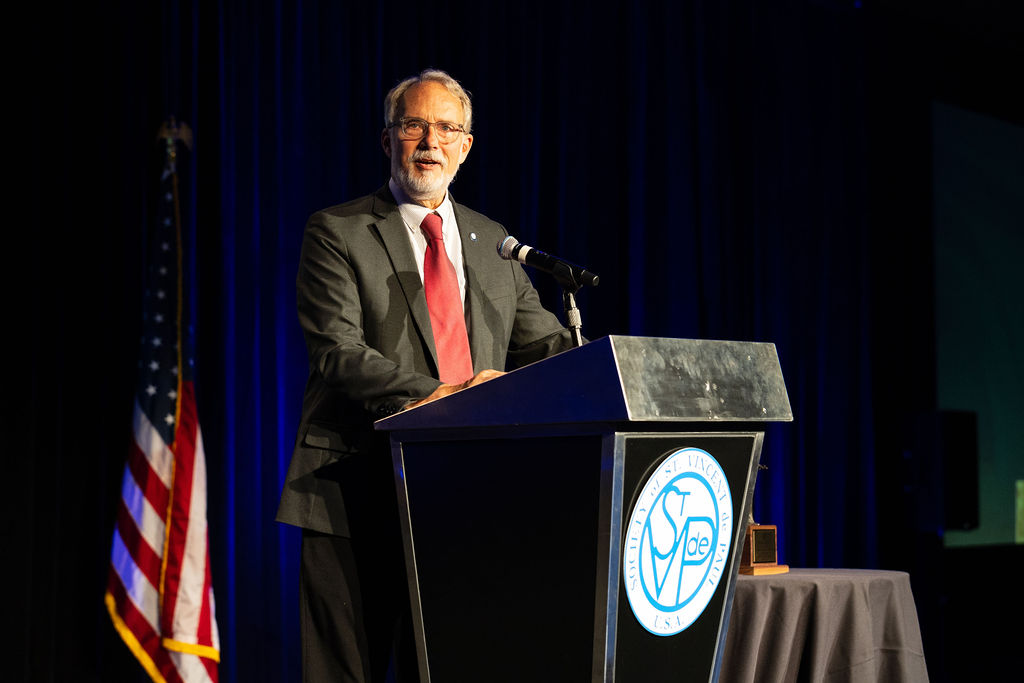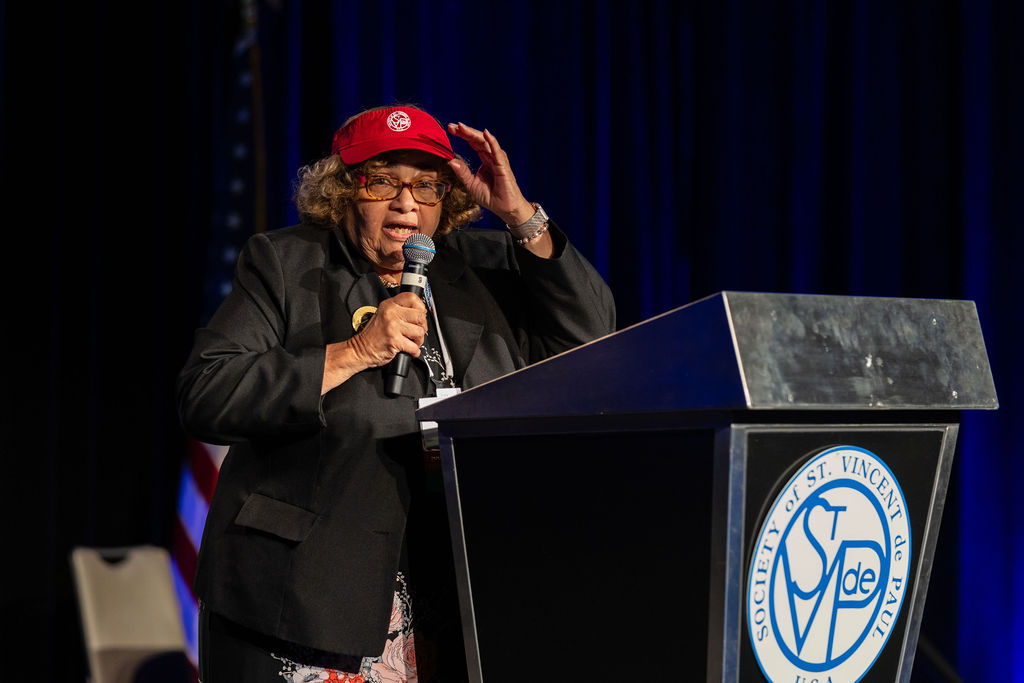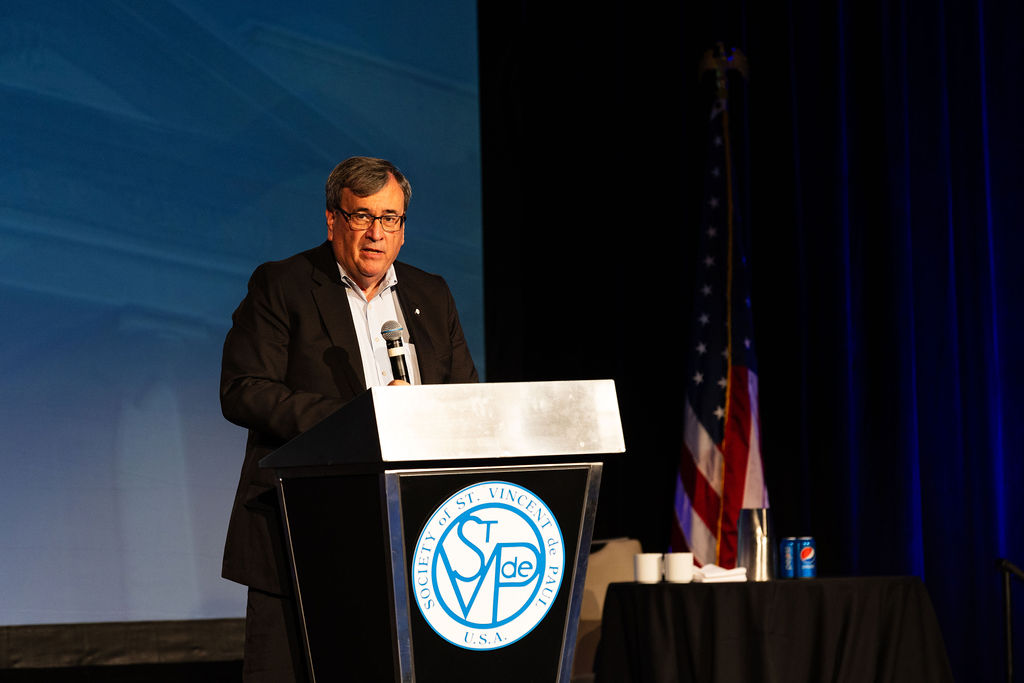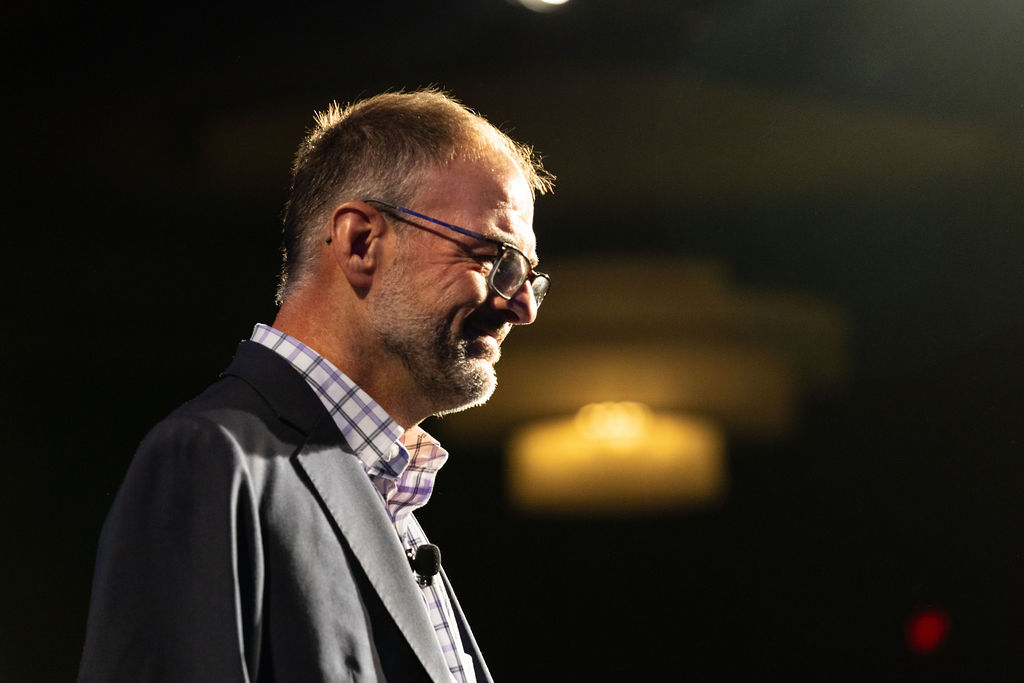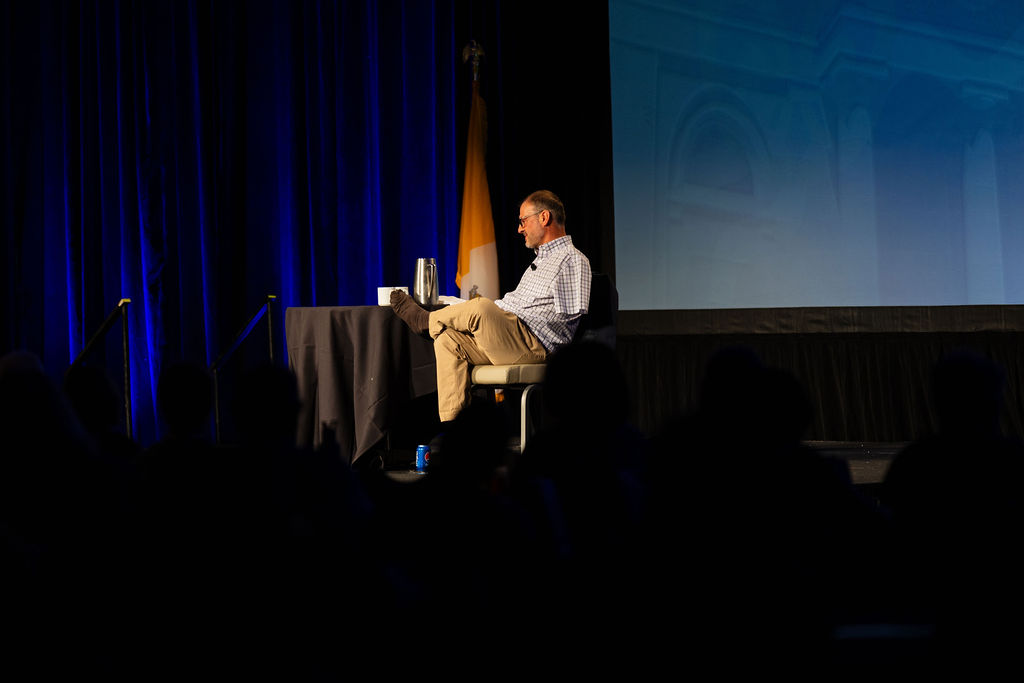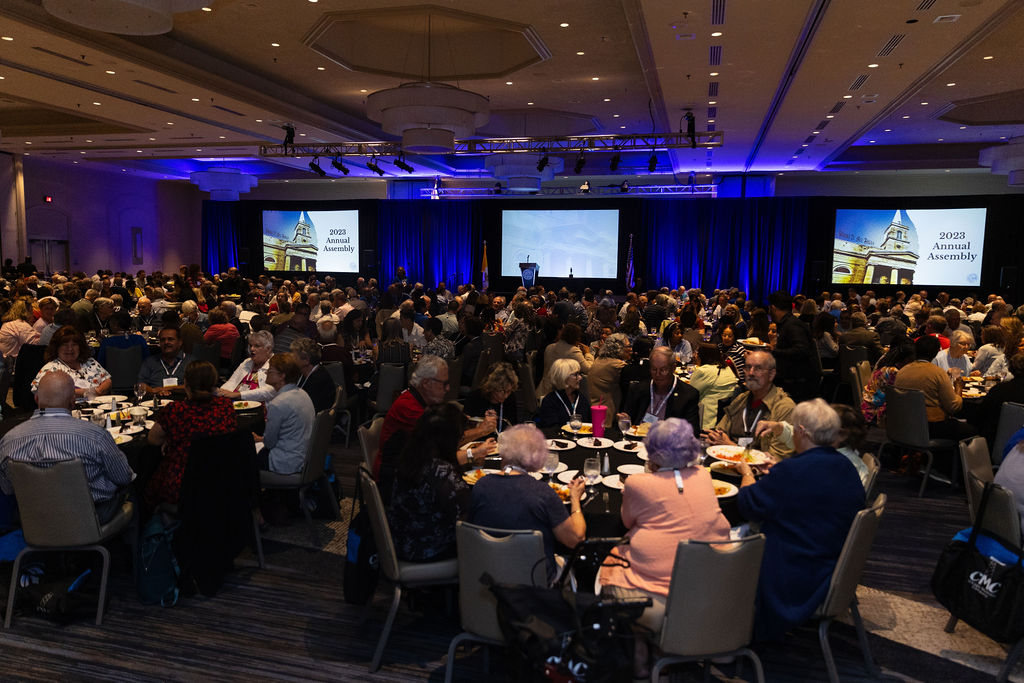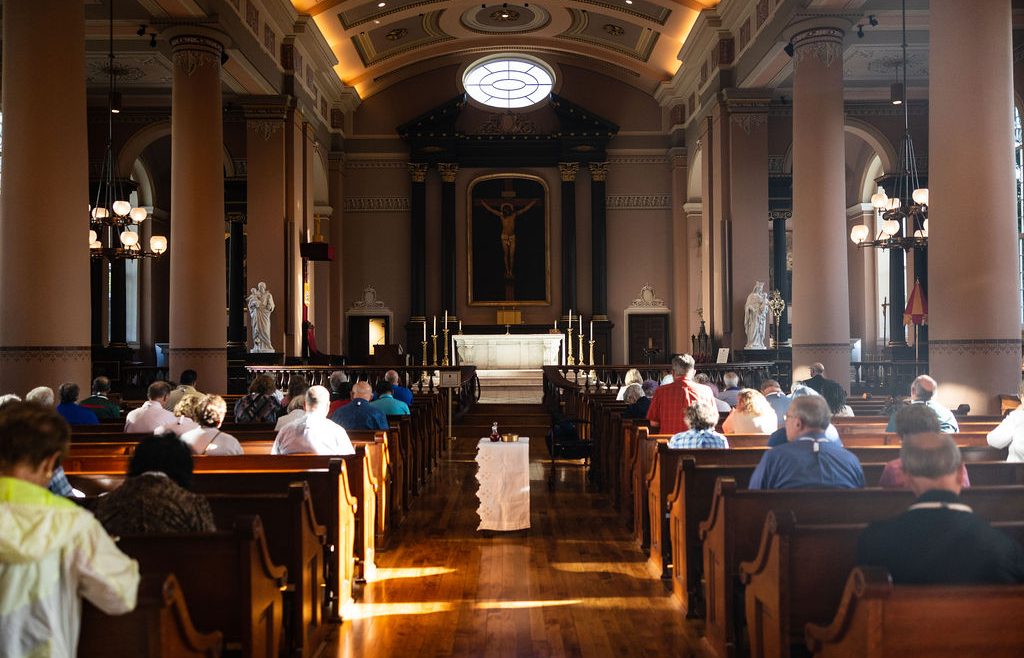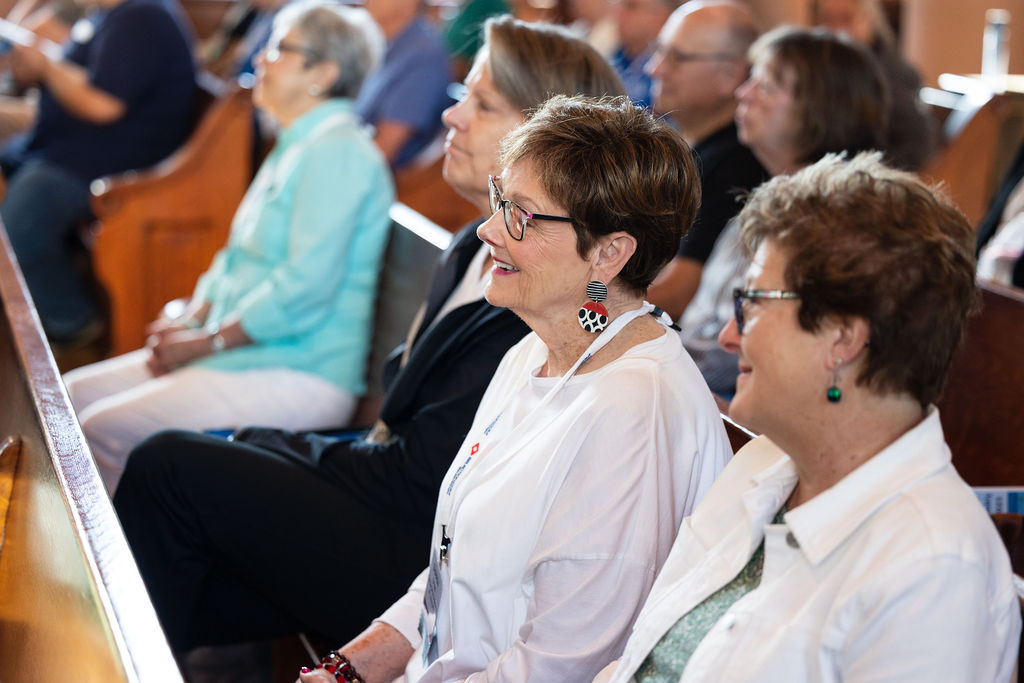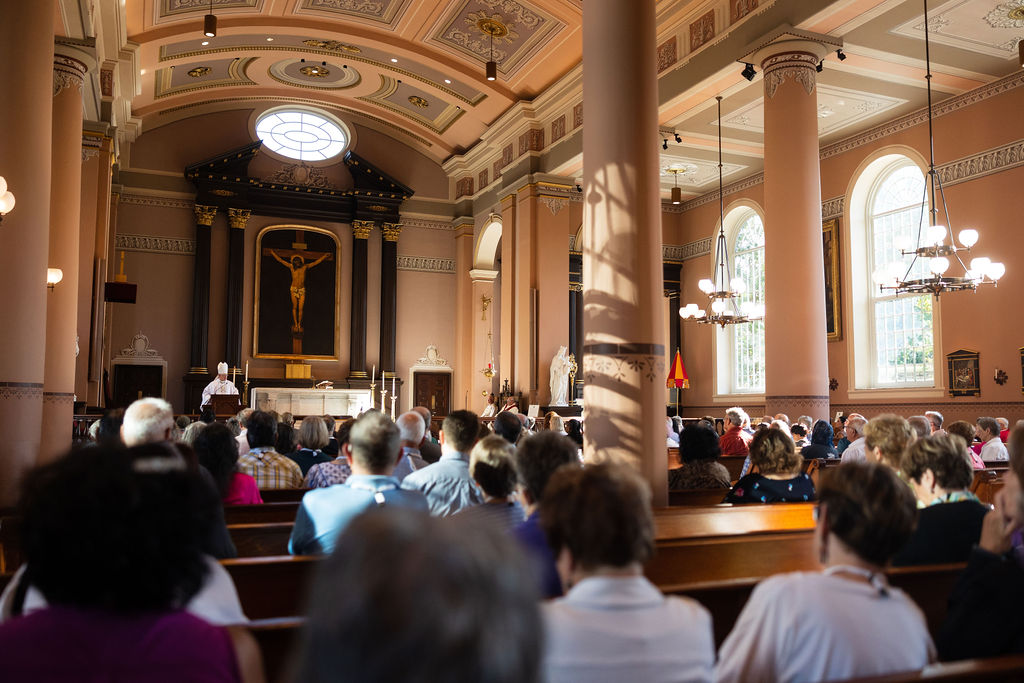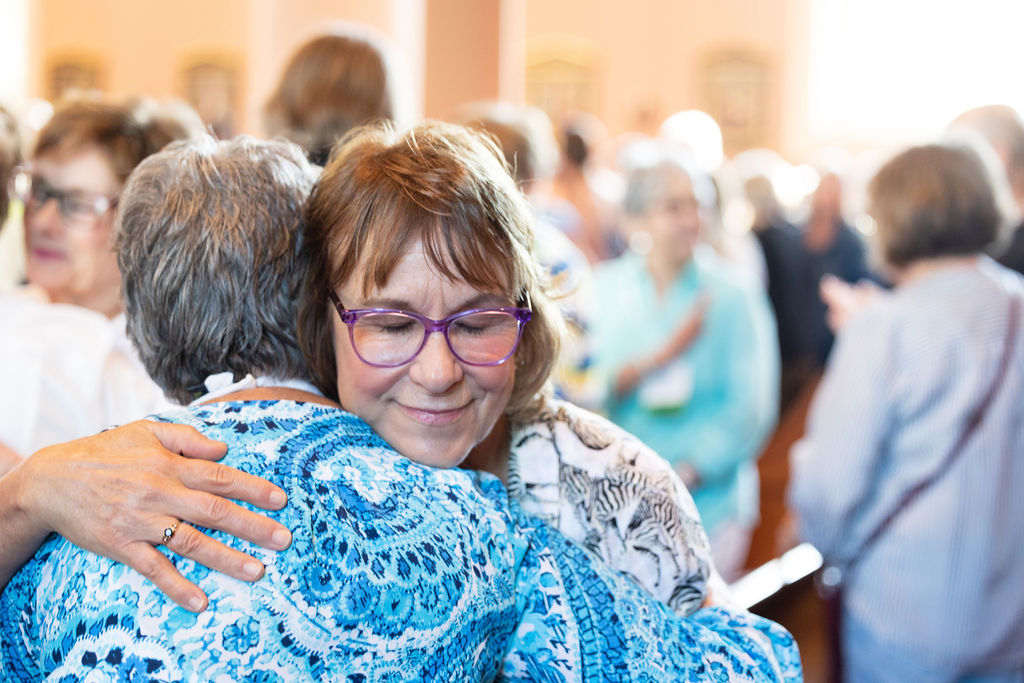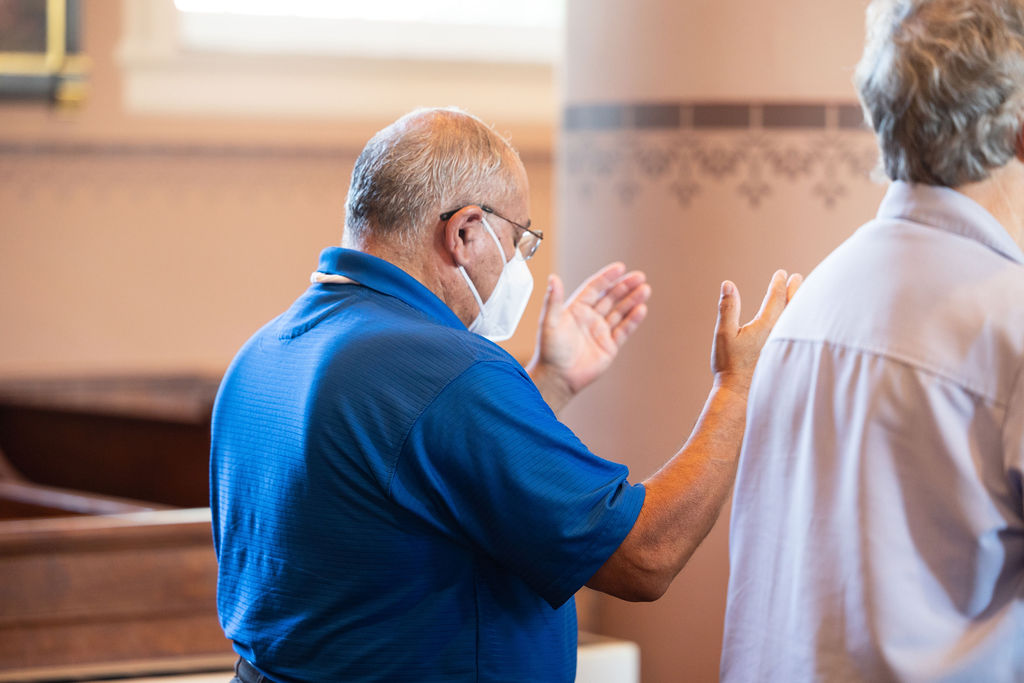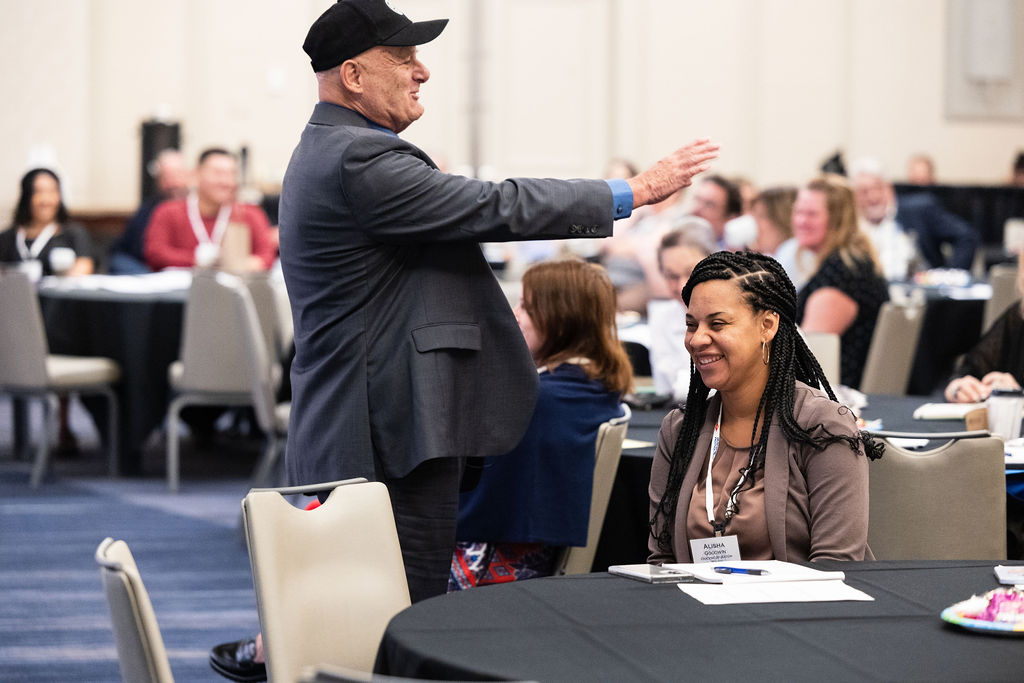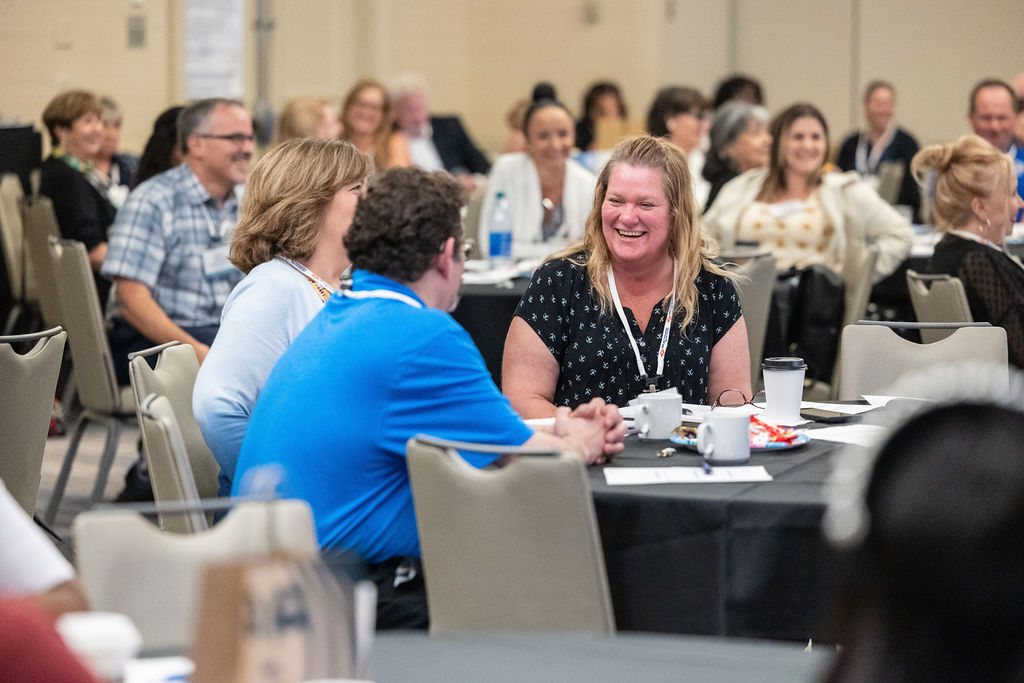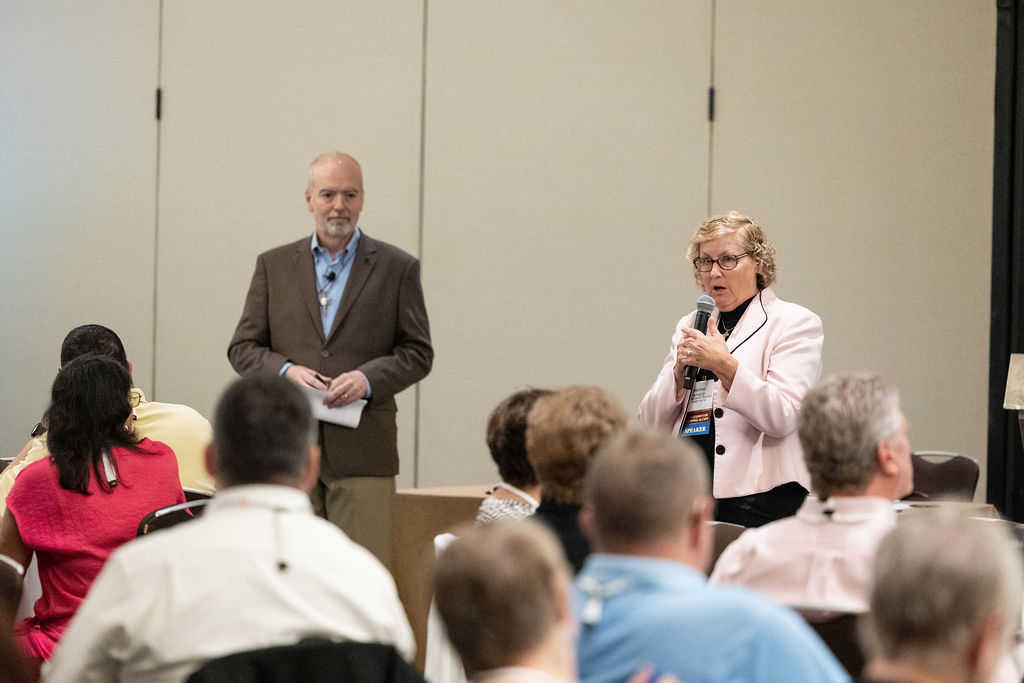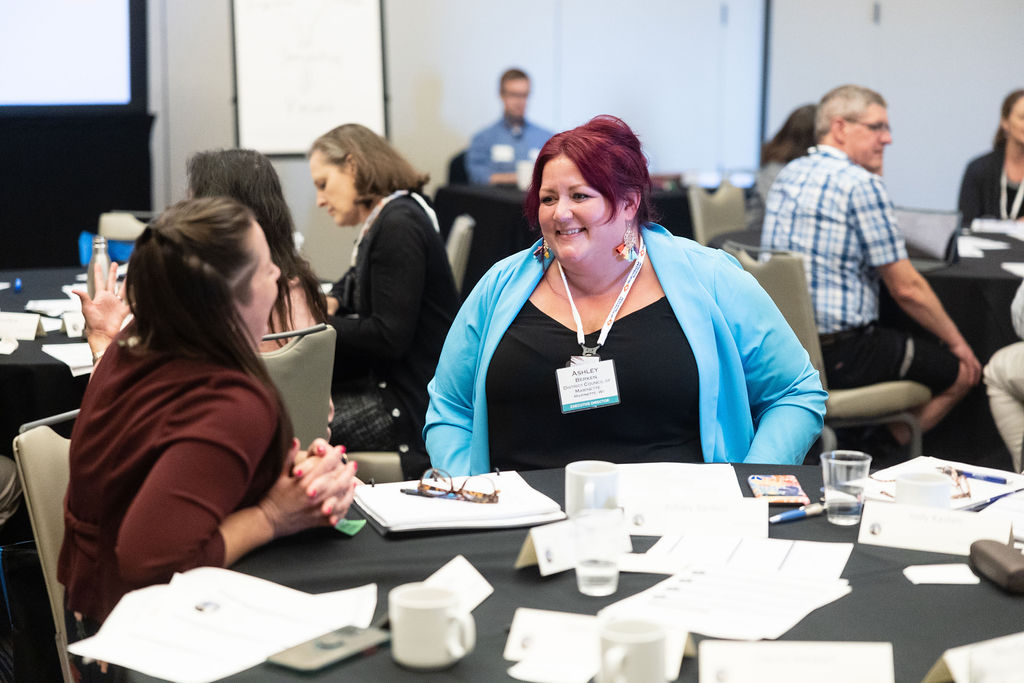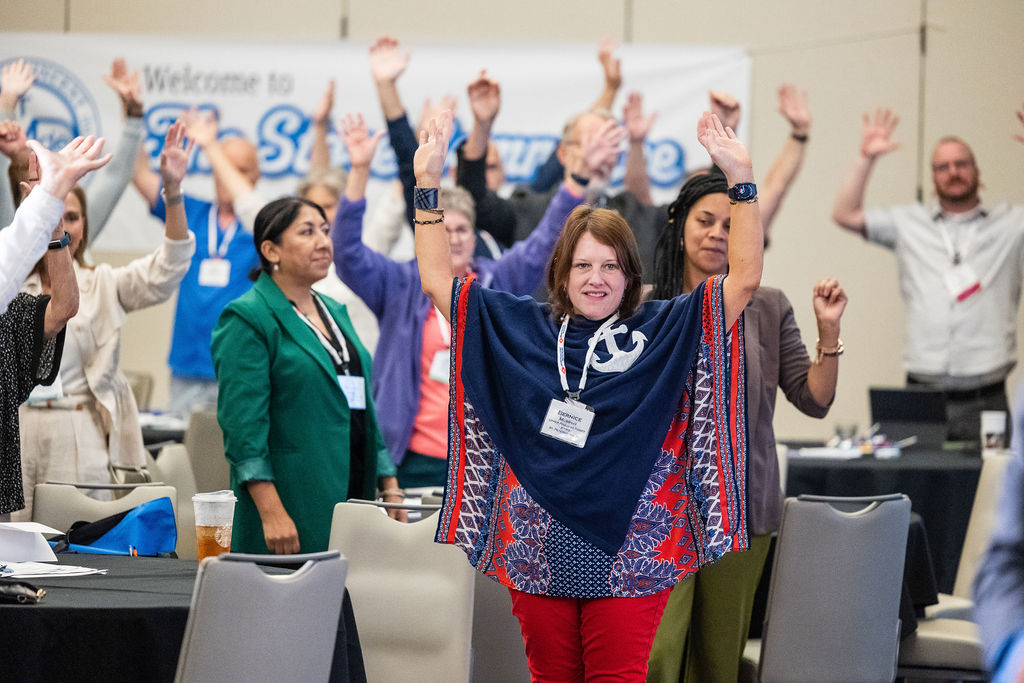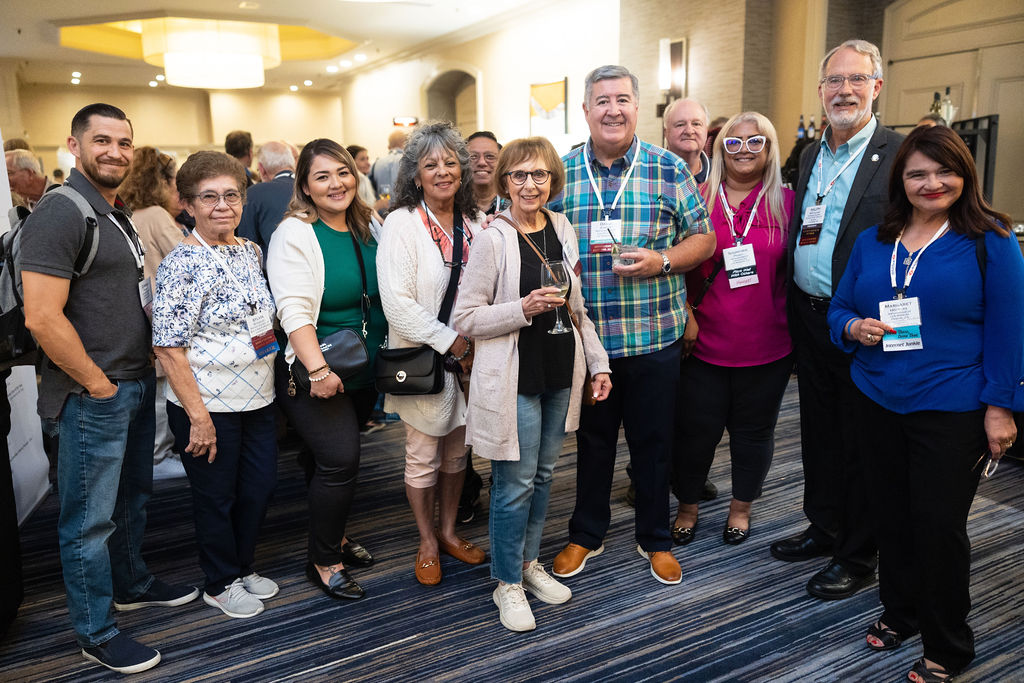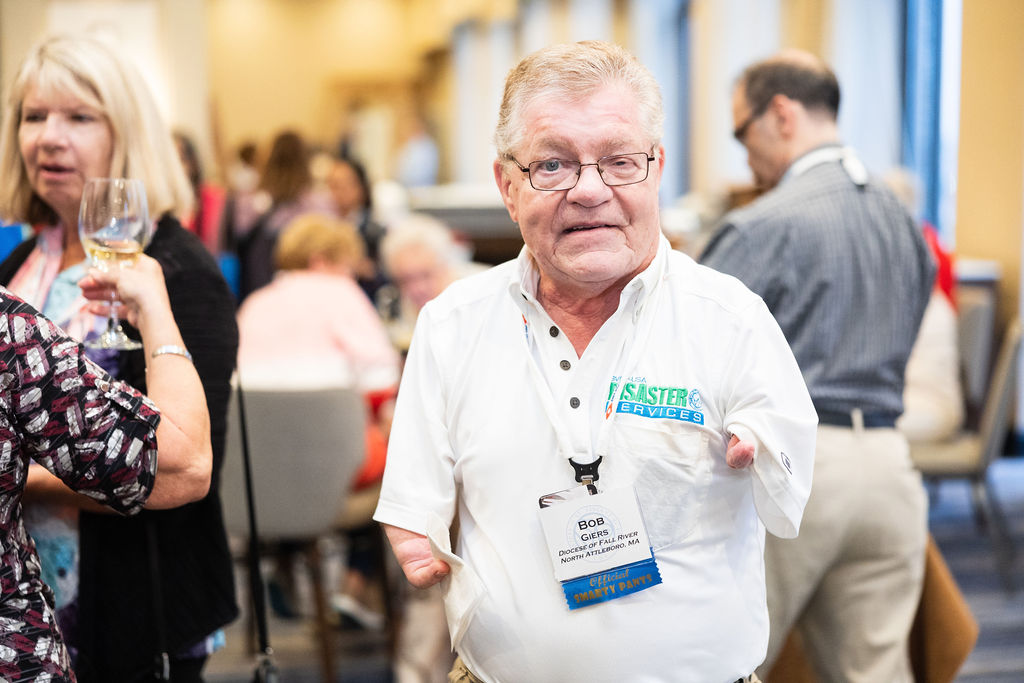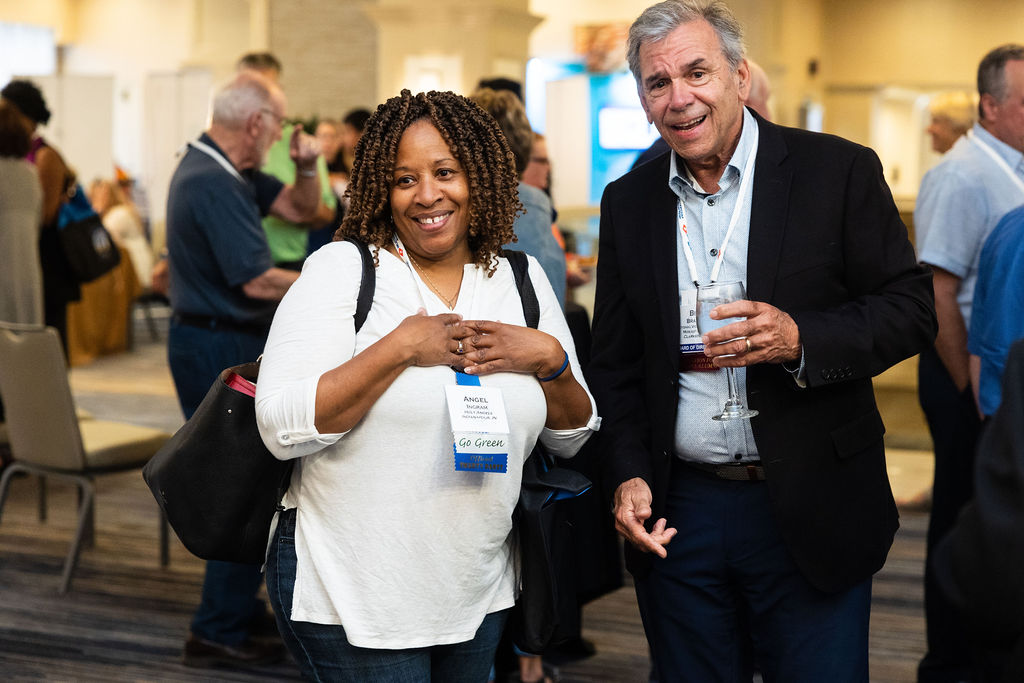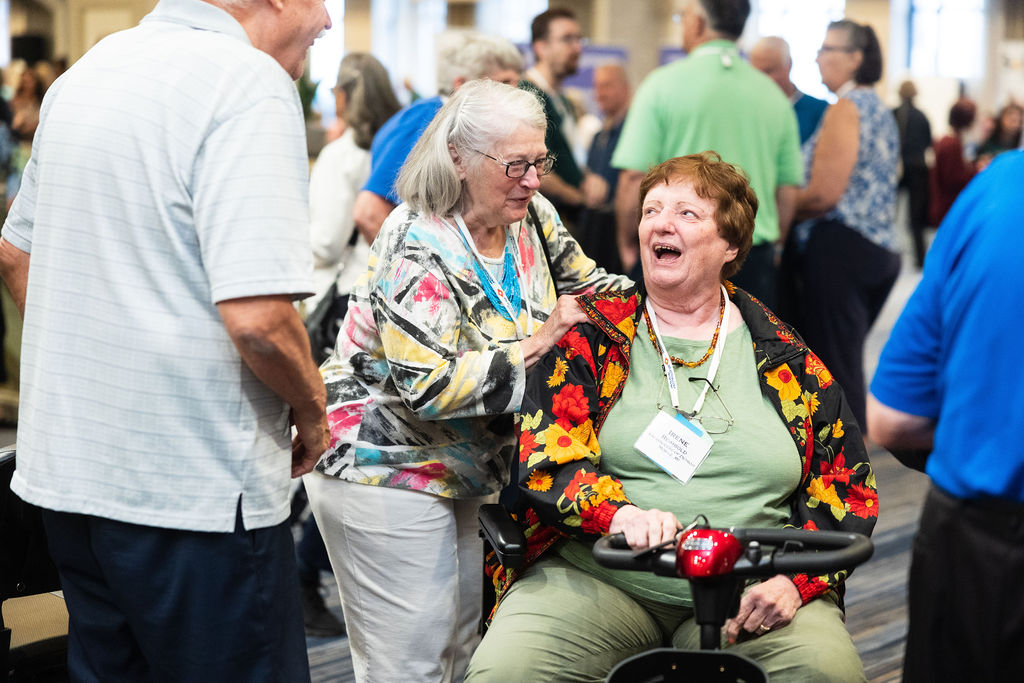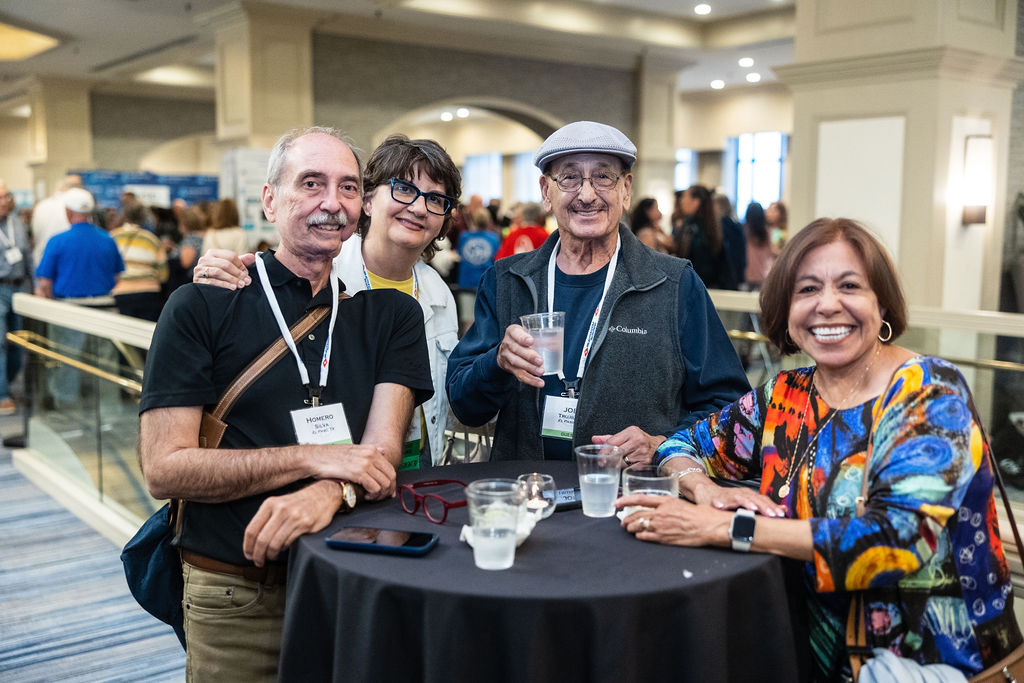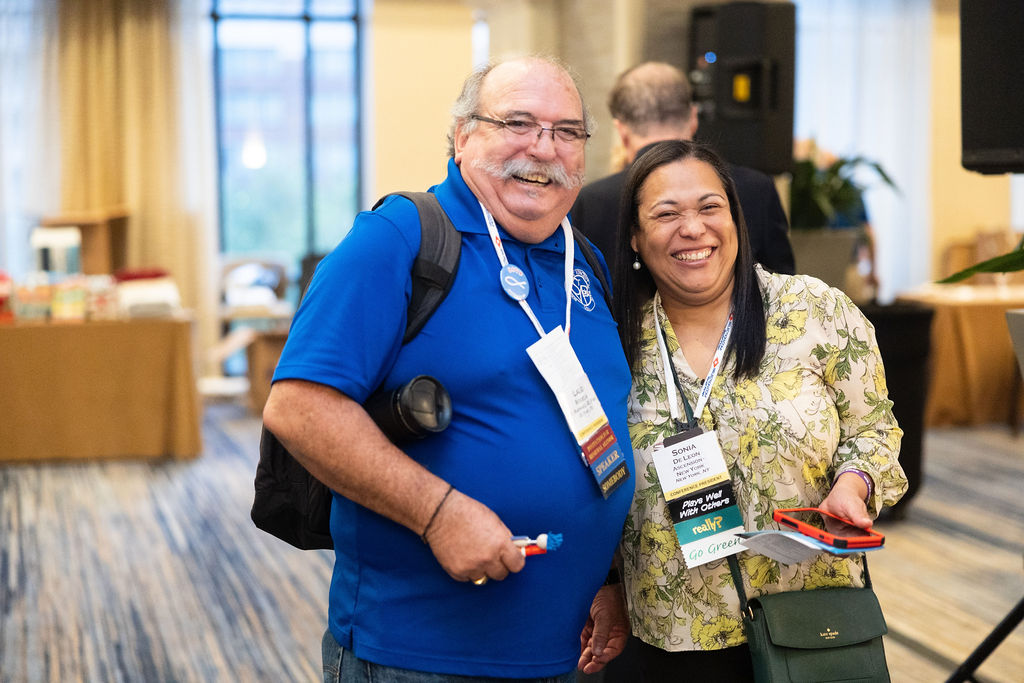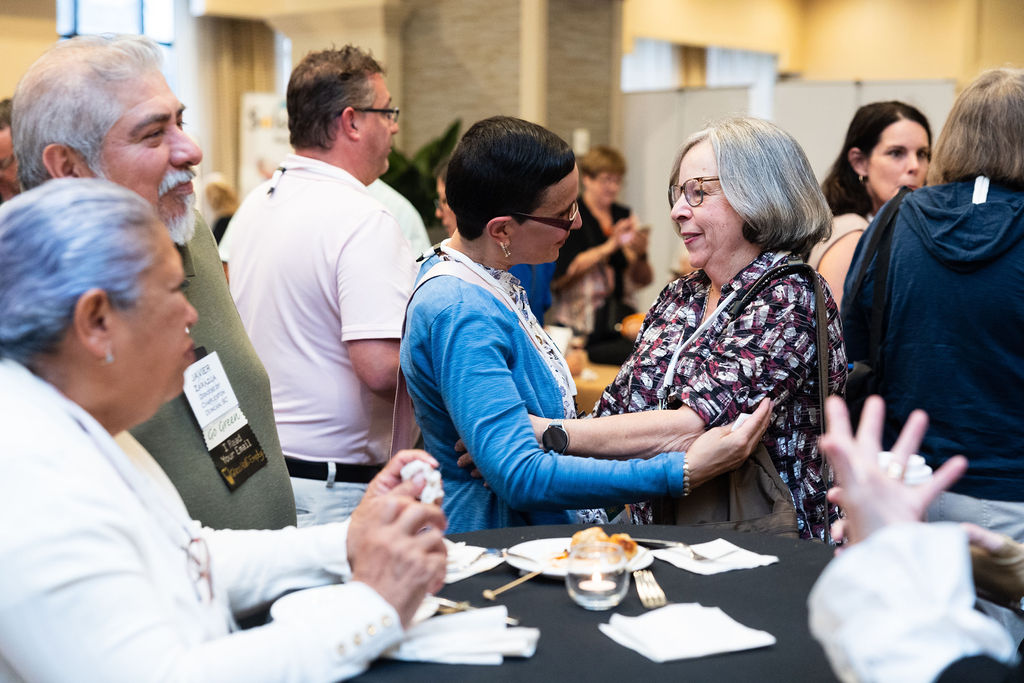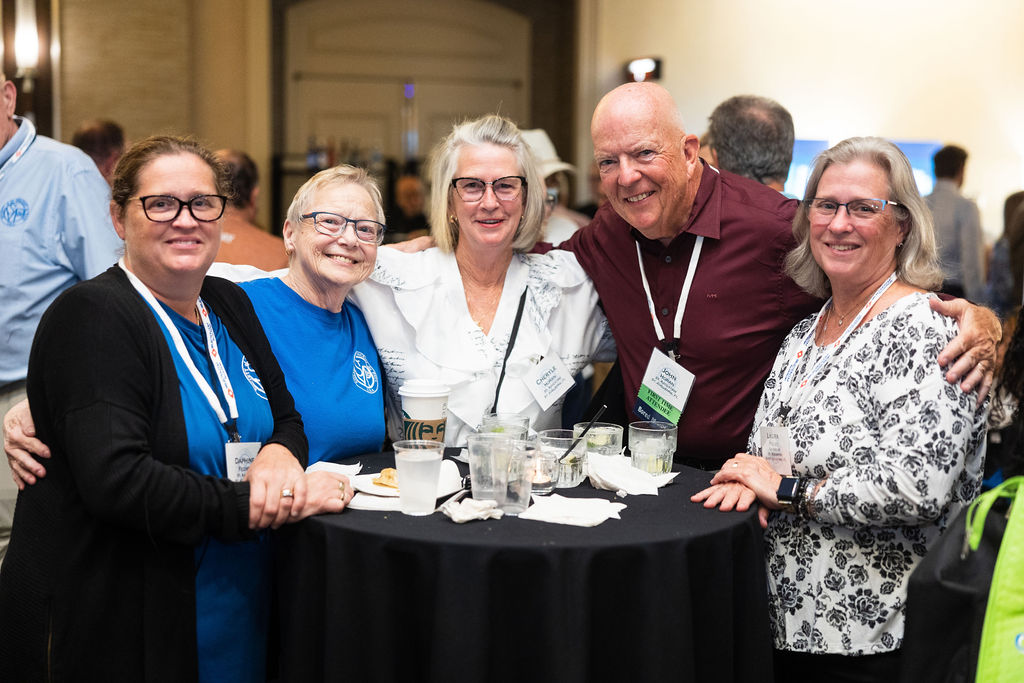Central to the spirituality of St. Vincent de Paul is the importance of fulfilling God’s will. Even more than that, he teaches, we must unite our will with His. In order to fulfill God’s will, to make it our own, we must first discern His will, we must hear His calling for our lives.
From the Latin vocare, “to call,” we have our English word “vocation.” God’s calling, then, is our vocation. The Catechism teaches us that all people “are called to the same end: God himself.” [CCC, 1878] Each of us also has personal vocations specific to our particular gifts and talents. [CL, 49] Whether it is the vocation to marriage, to the ordained priesthood, or to the Society of St. Vincent de Paul, our personal calling is meant to help us answer the universal vocation to holiness. But to answer God’s call, we must hear it.
In founding the Society, Blessed Frédéric clearly heard God’s call, sharing with his friends that “we must do as Our Lord Jesus Christ did when preaching the Gospel. Let us go to the poor.” [Baunard, 65] In this, he anticipated Pope Saint John Paul II’s teaching that all the lay faithful are called to share in Christ’s mission as priest, prophet, and king. [CL, 14]
When we gather together, especially when meeting fellow Vincentians for the first time, we often exchange stories of how we came to join the Society. Those stories usually begin with “I wanted…” or “I thought…” Somehow, many of us managed to answer before truly understanding God had called us.
God speaks to us through the events and people we encounter in our lives, and while we do not always hear His call at the moment it happens, we can always “re-read” our lives, just as we can re-read books in order to find things that we either missed, or were not prepared to comprehend the first time. We do this individually, and we do this together through spiritual reflections, especially apostolic reflection. God speaks to us in His own time. His call awaits our readiness to hear it and to answer.
Alongside the importance of doing God’s will is St. Vincent’s understanding that in the poor we serve the person of Jesus Christ. The neighbor is God to us, and if we see His face in them, we also hear His voice. This is our vocation, this is our calling, and if we are blessed today to hear His voice on our Conference helpline, let us harden not our hearts.
Contemplate
How often do I pause to discern God’s will for me and God’s call to me?


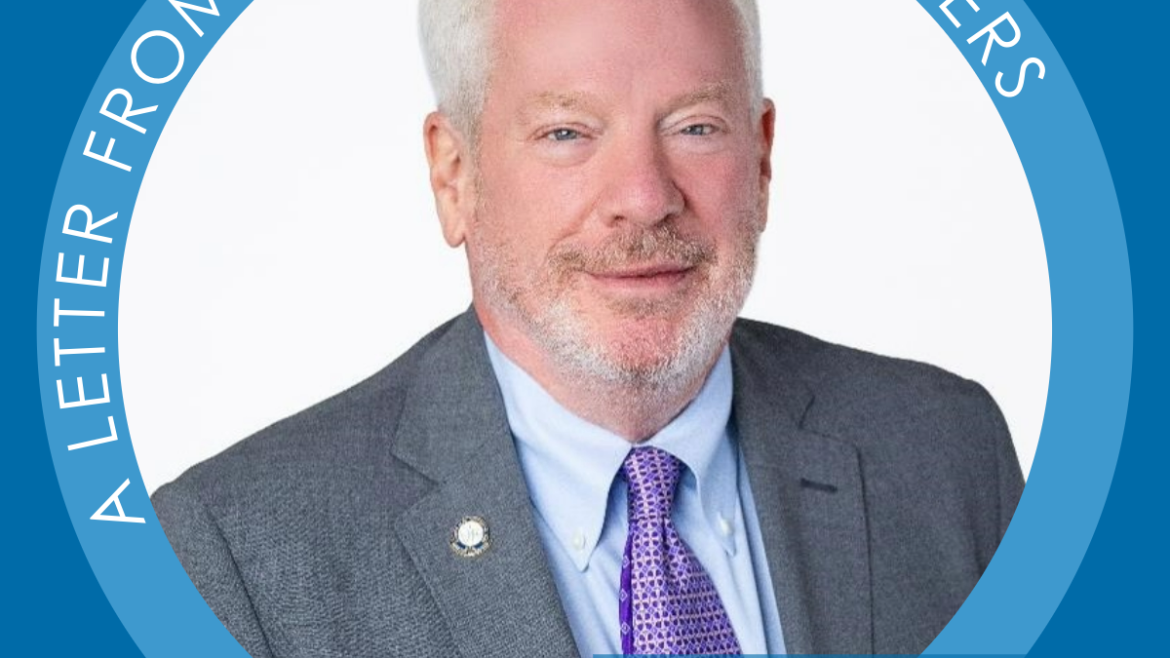

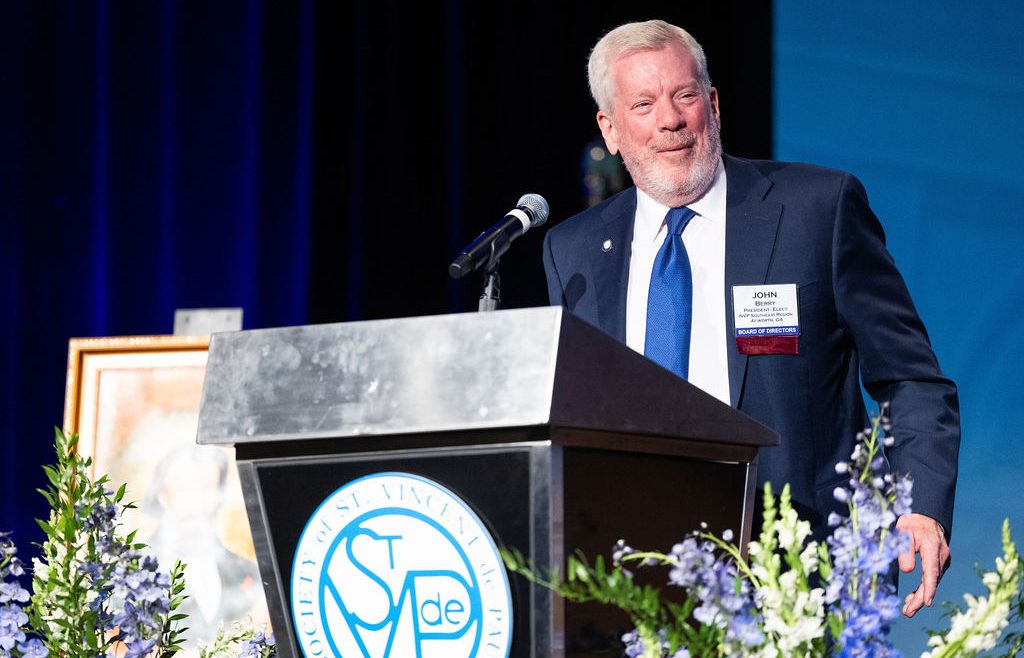
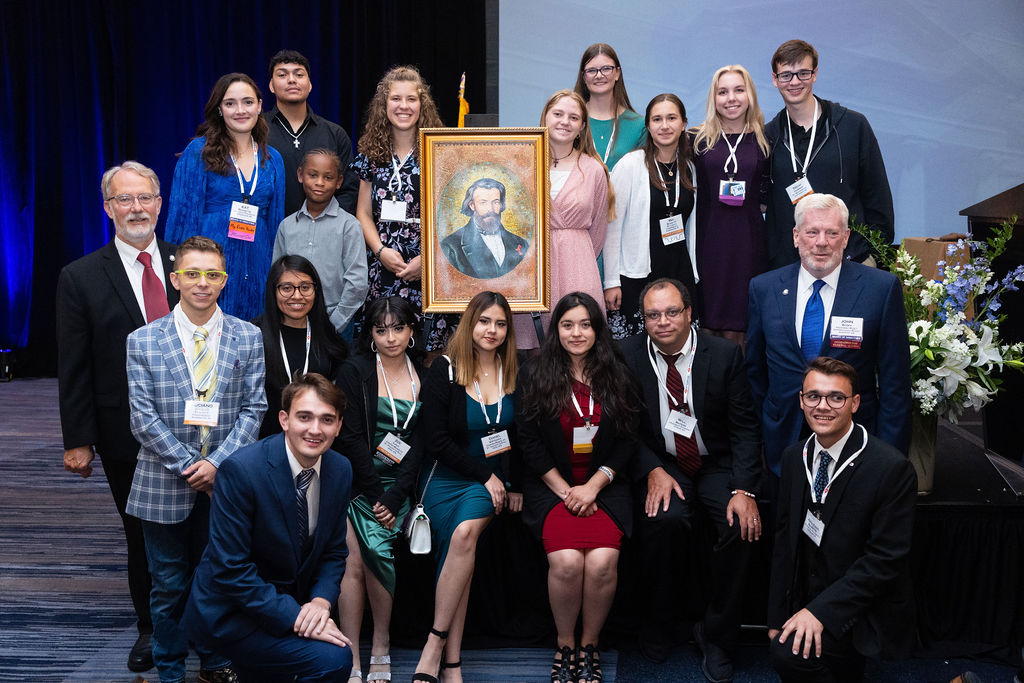
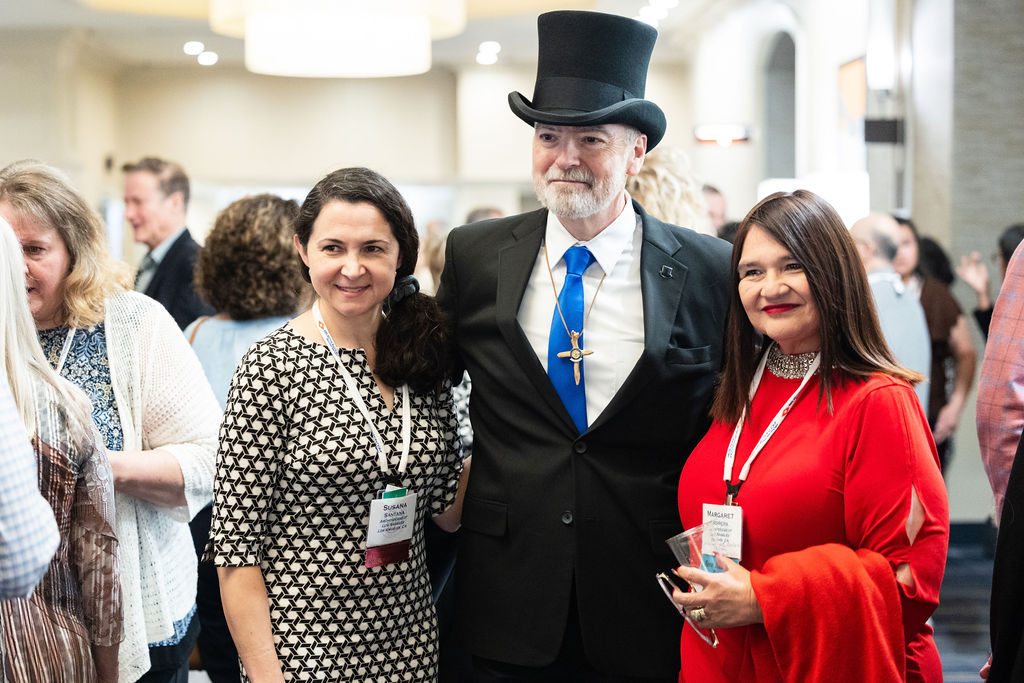
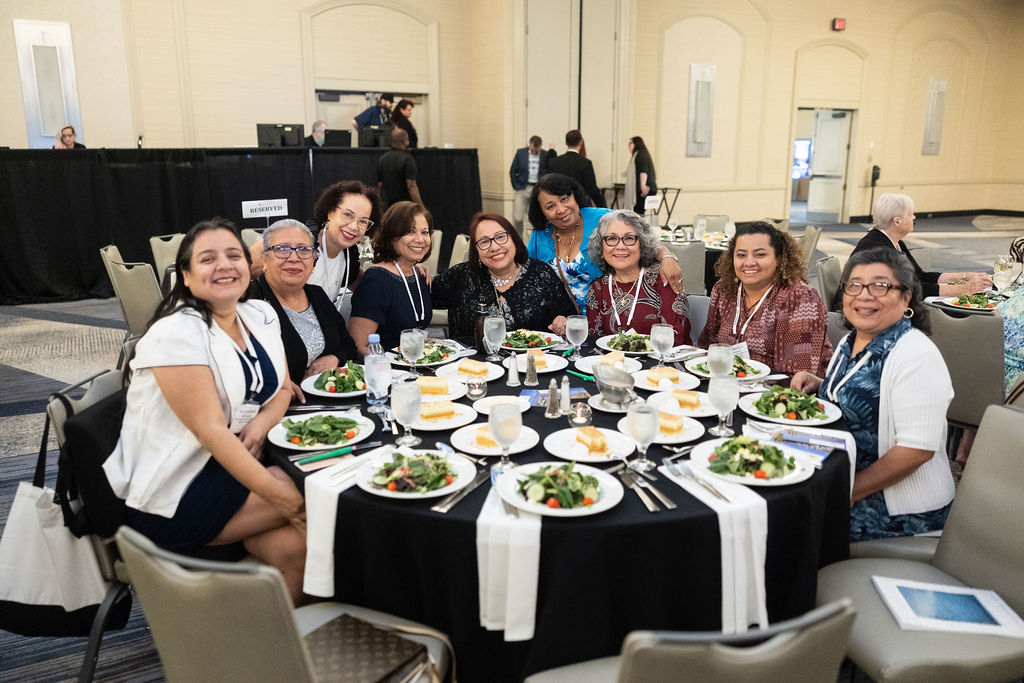
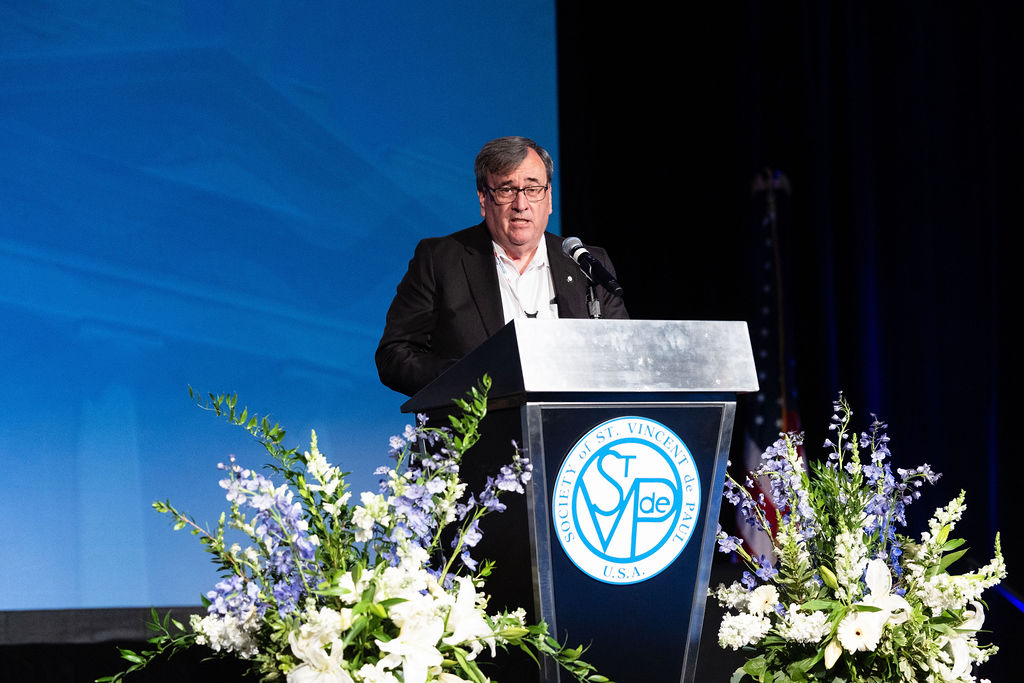
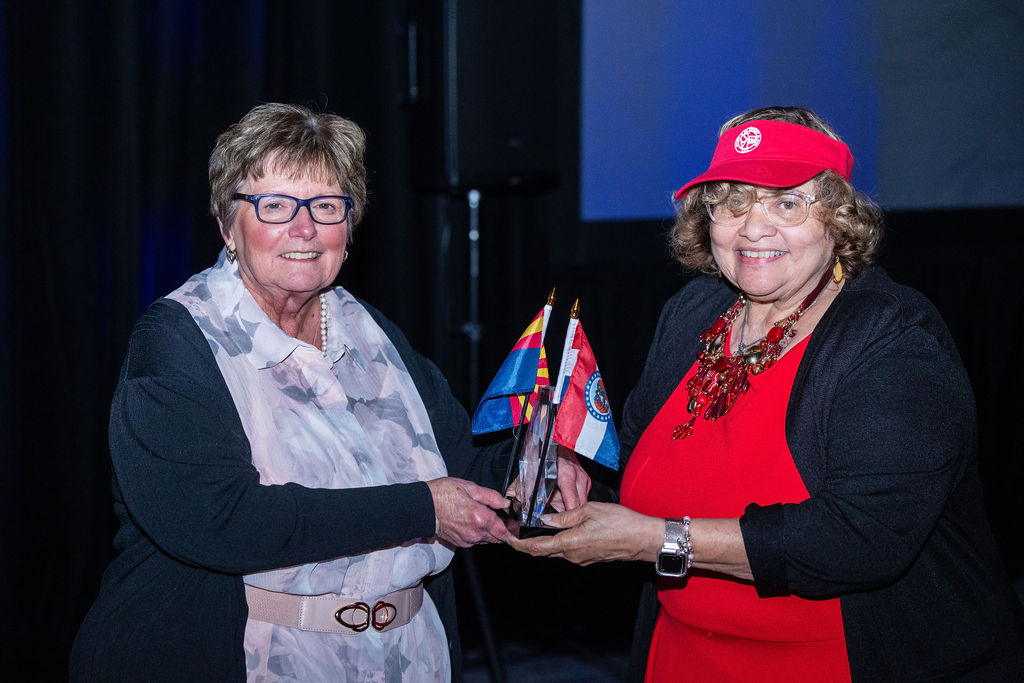
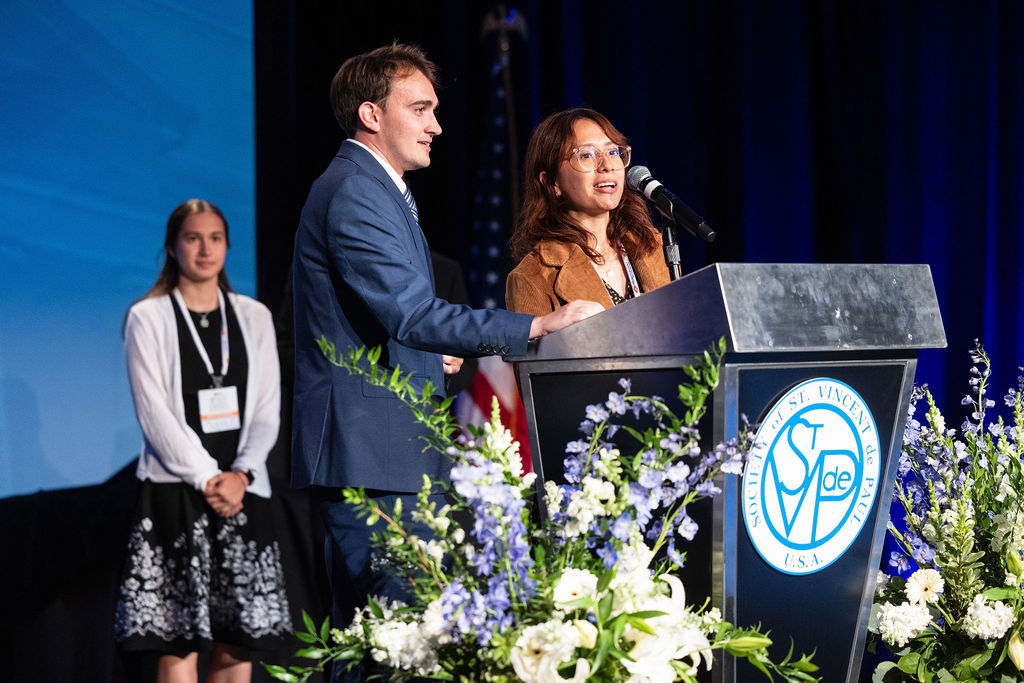
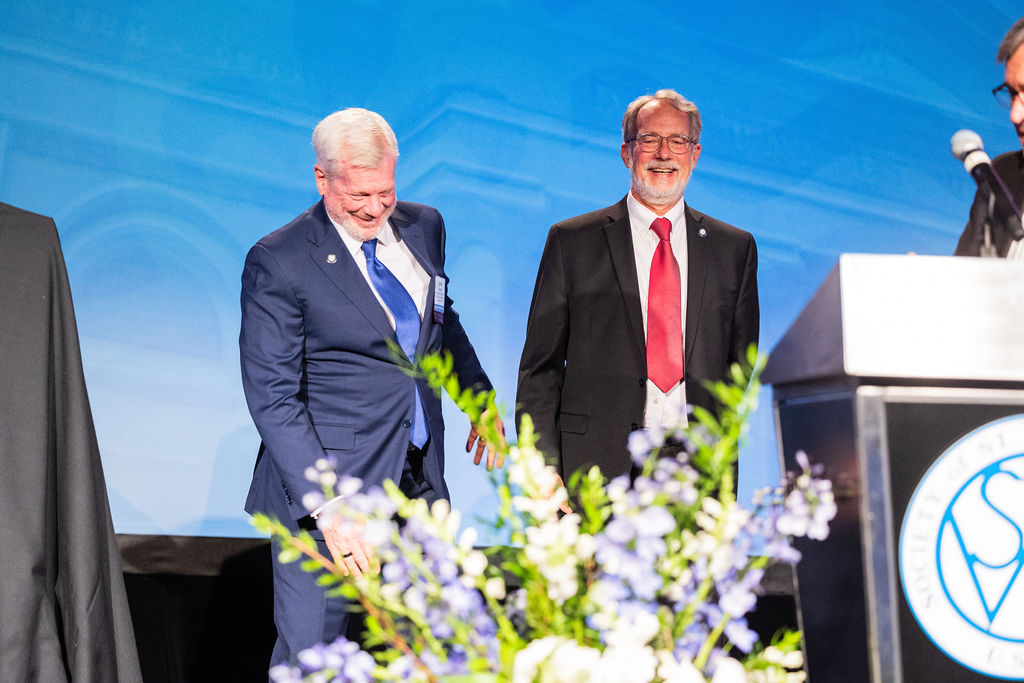
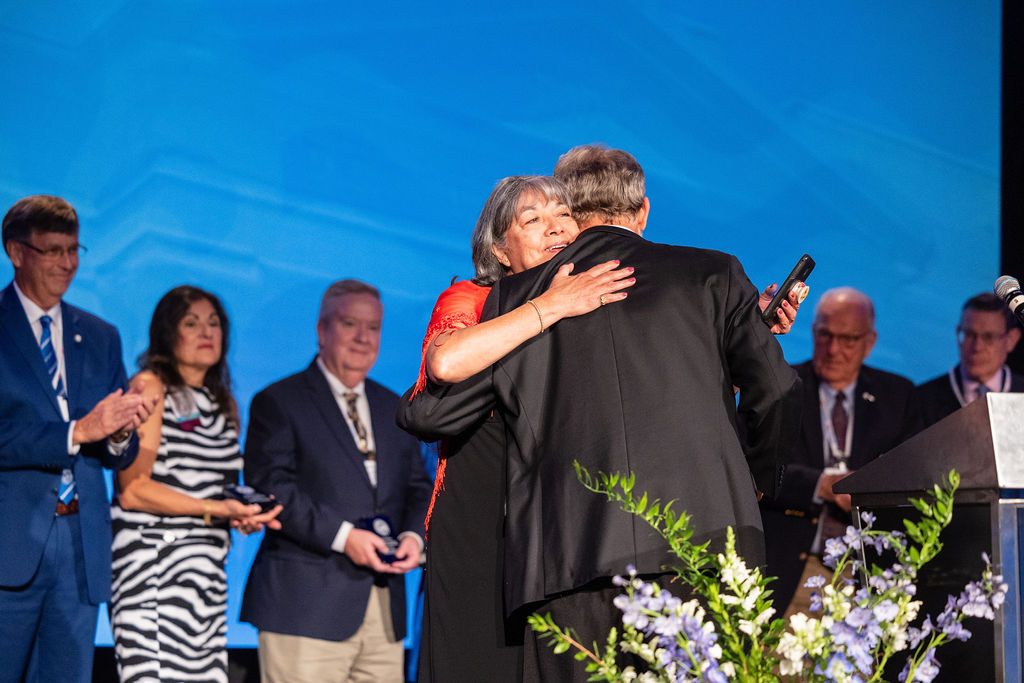
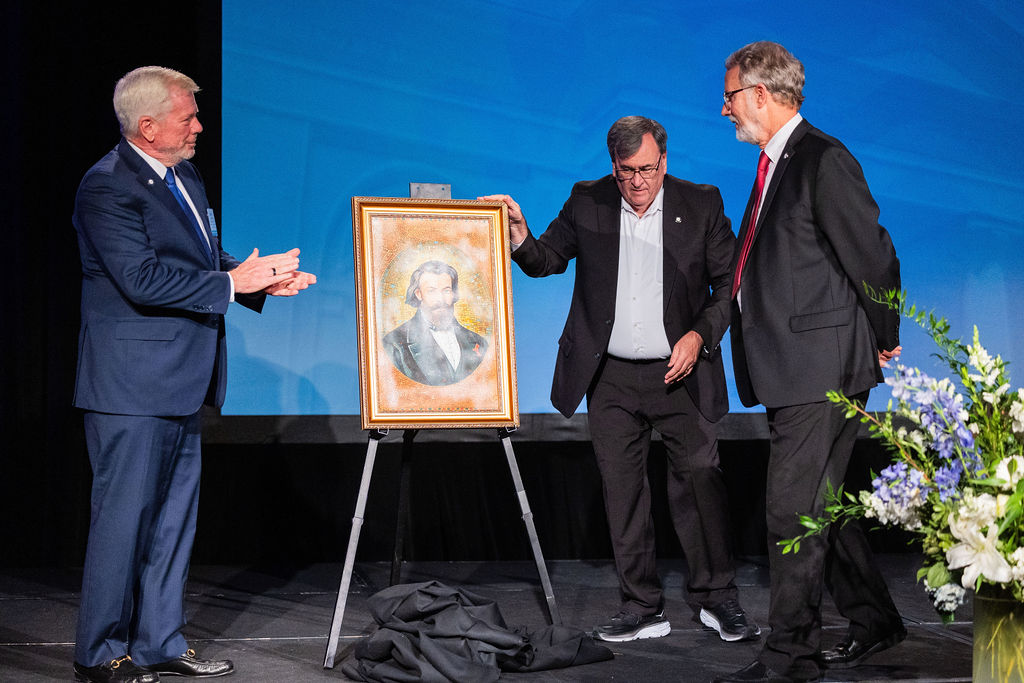
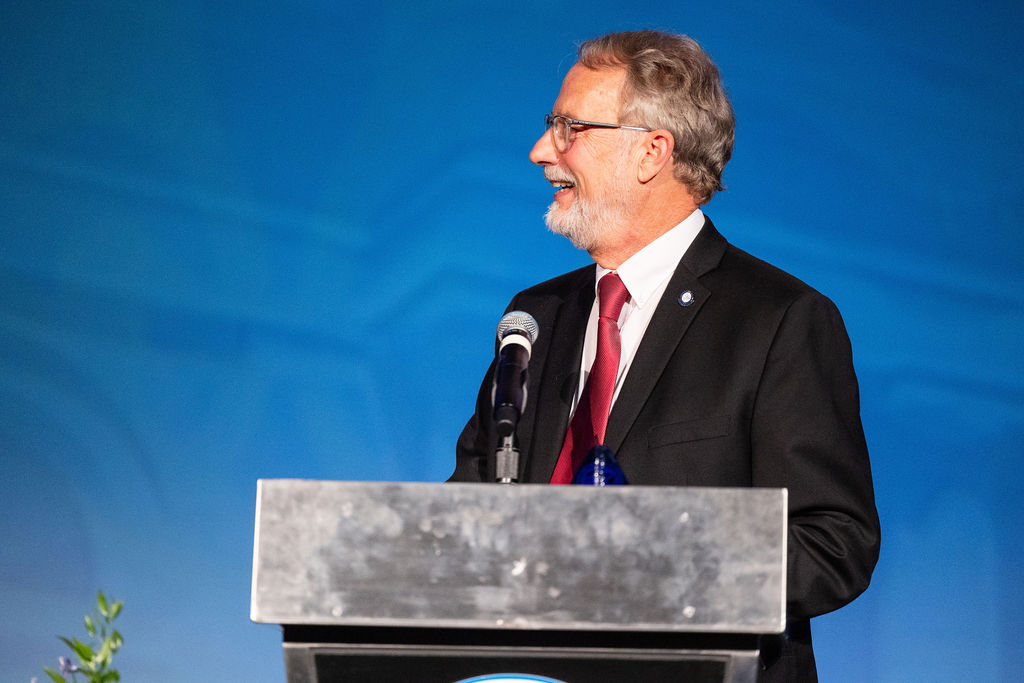
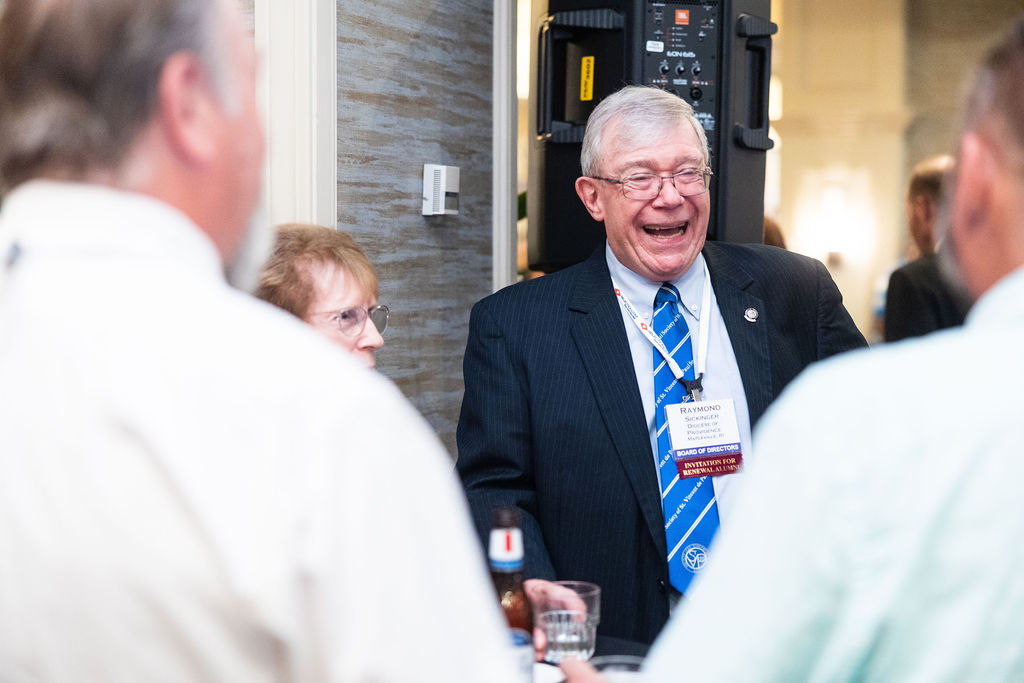
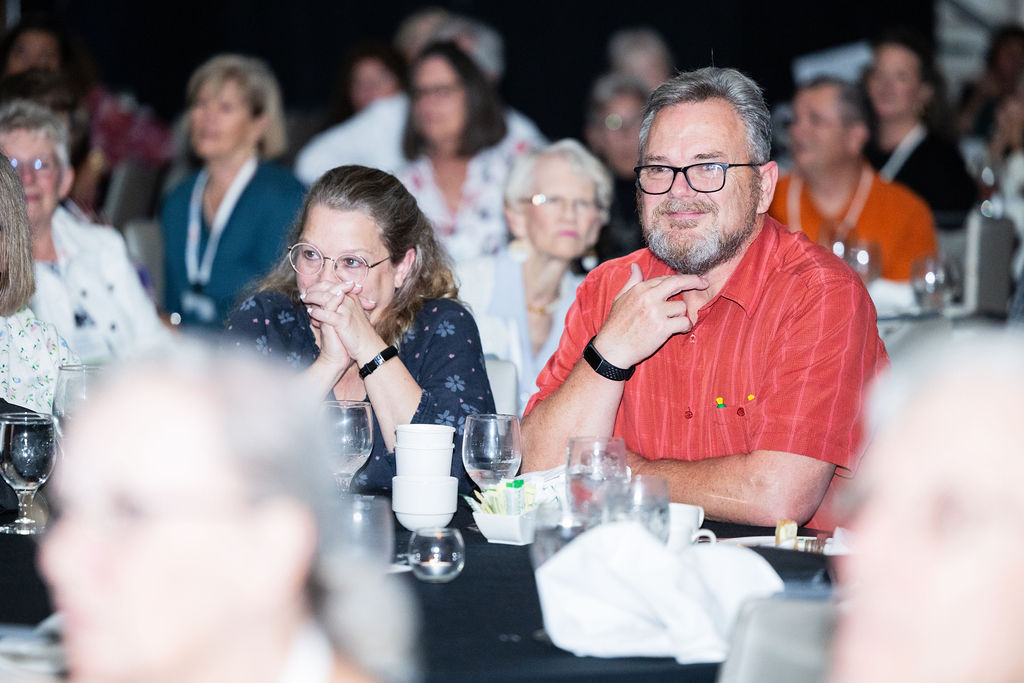
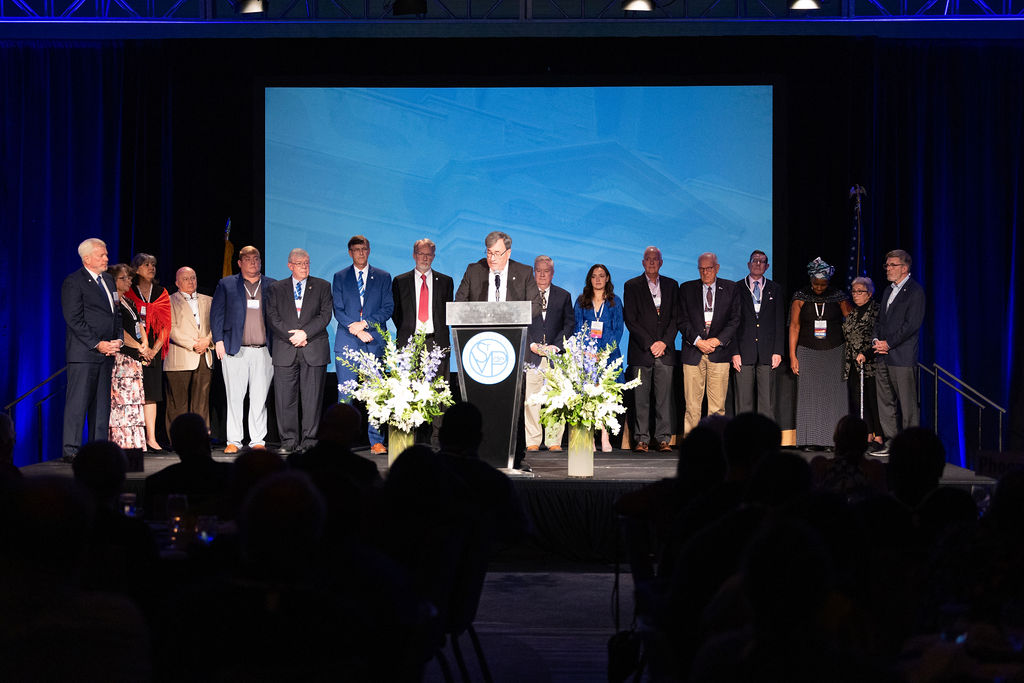
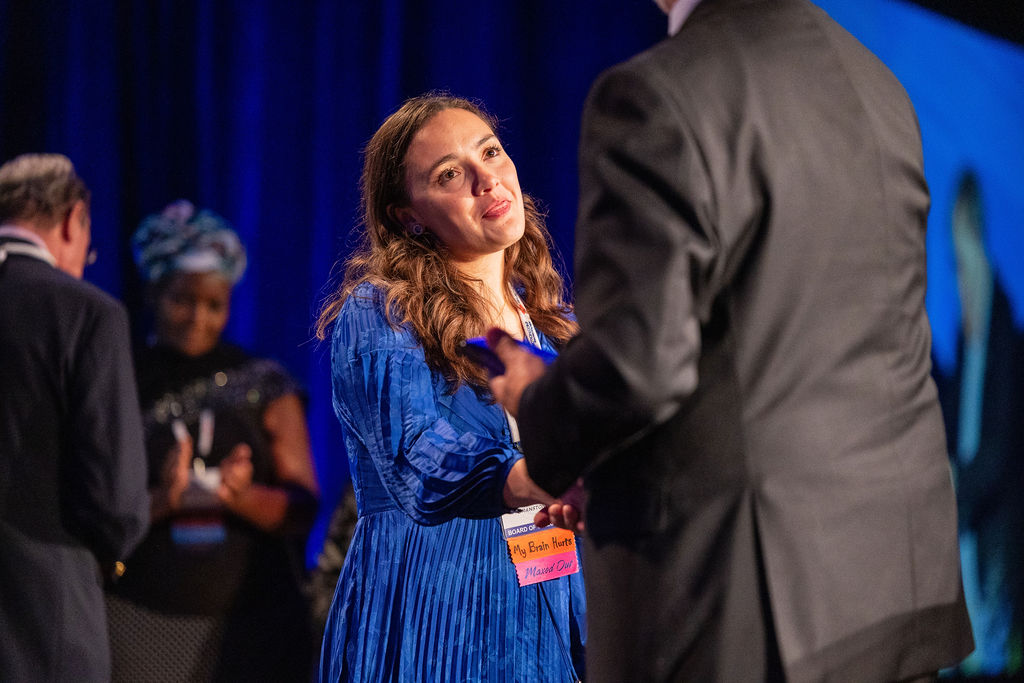
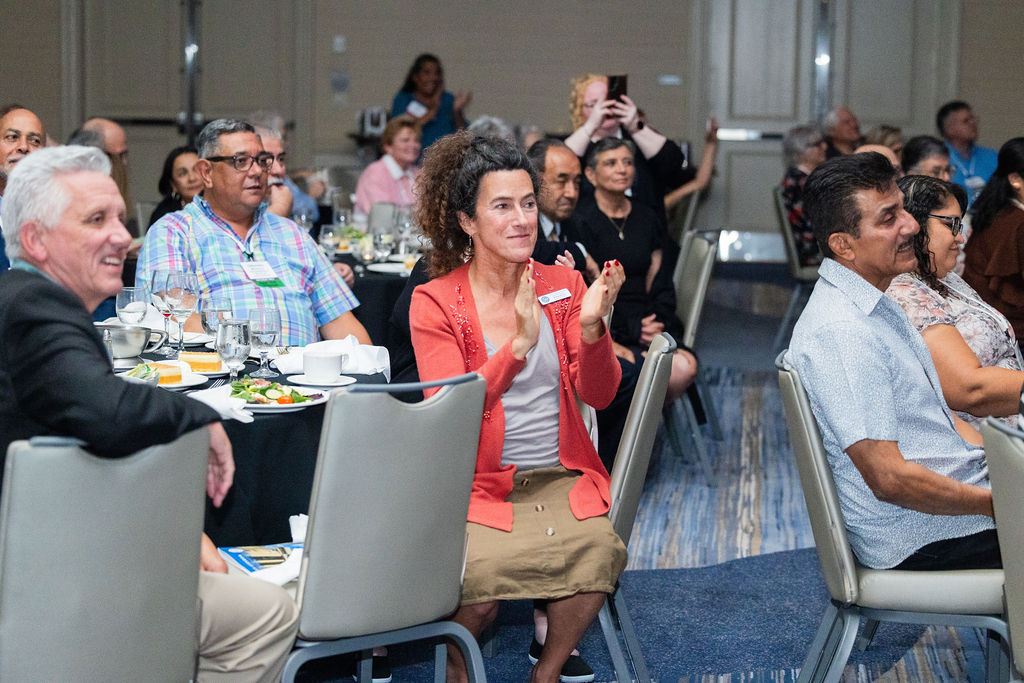
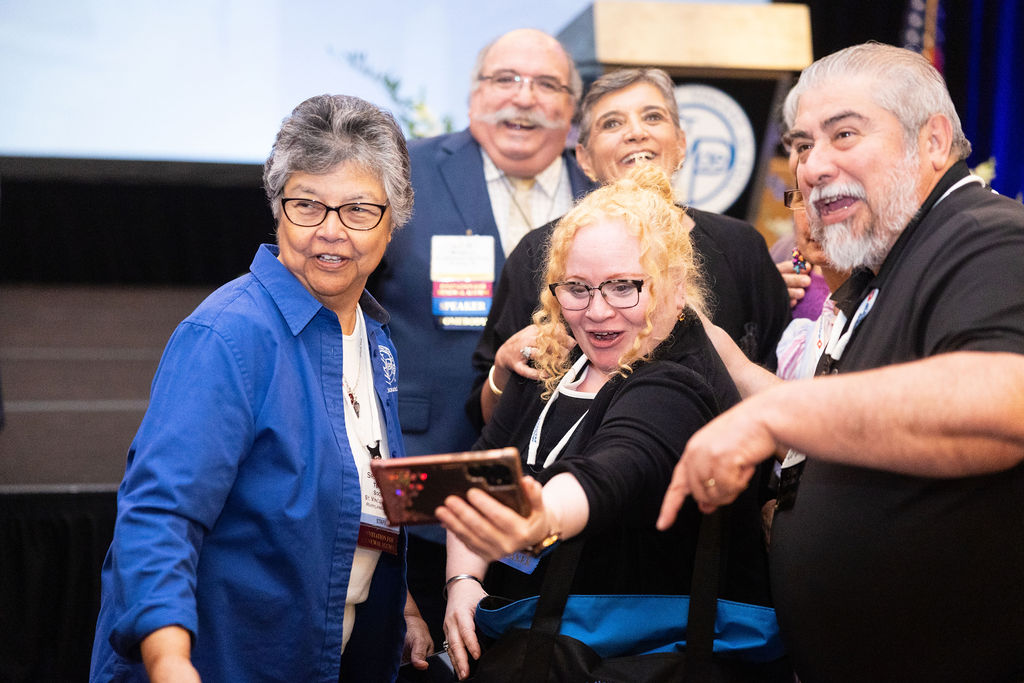
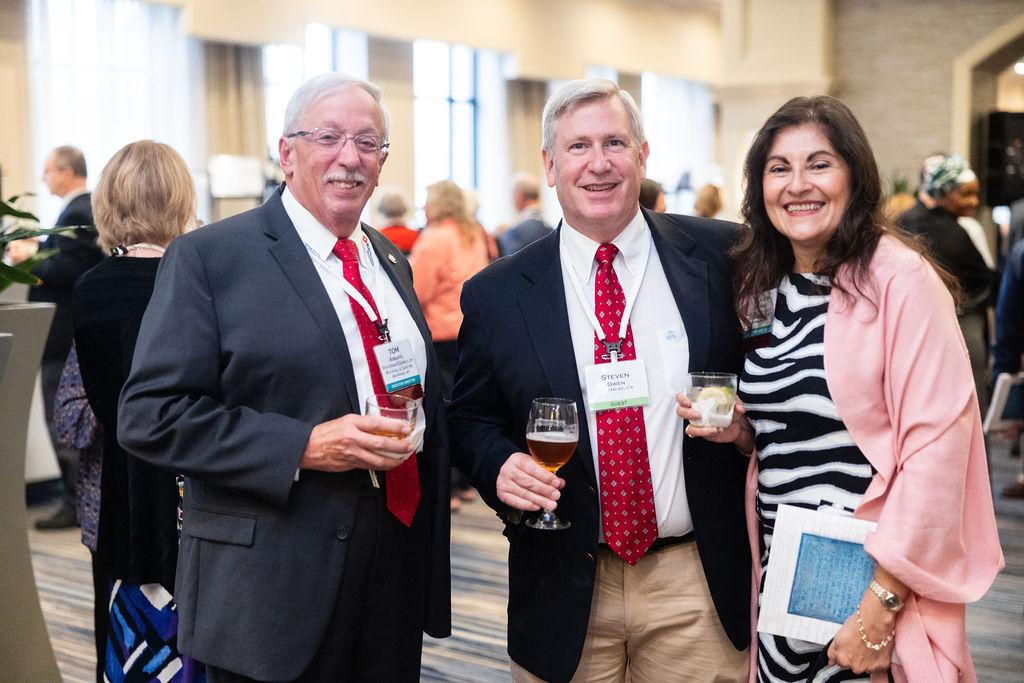
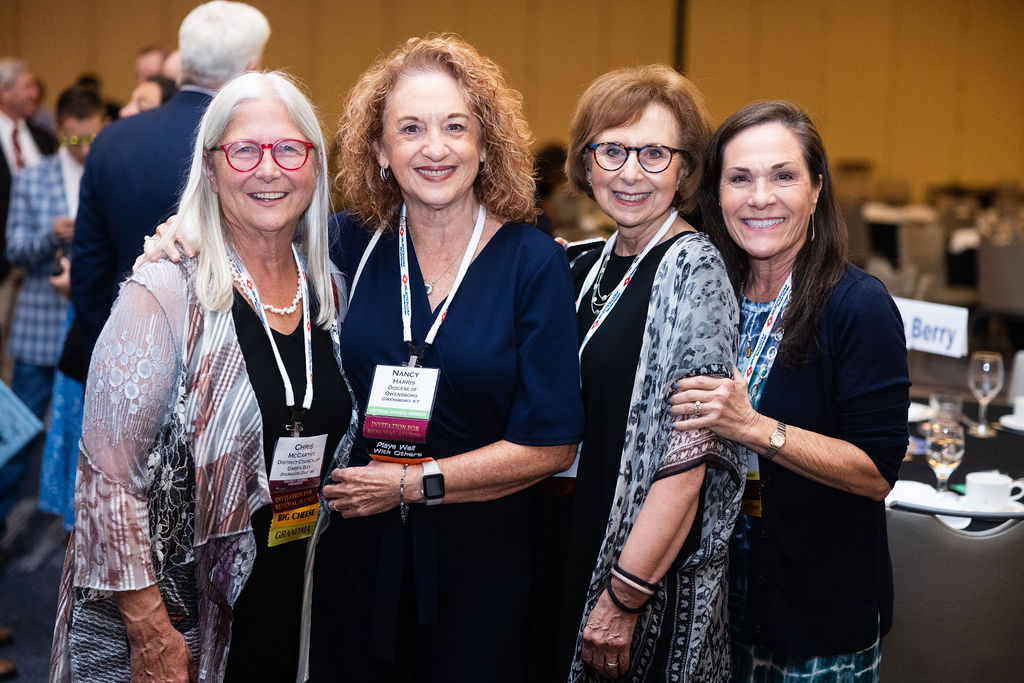
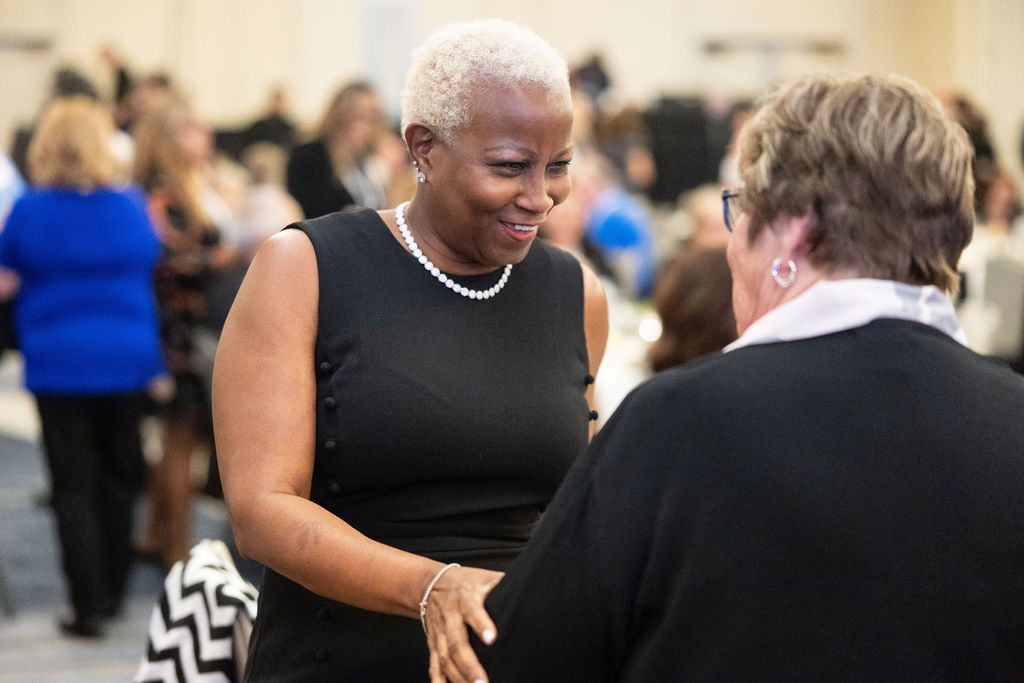
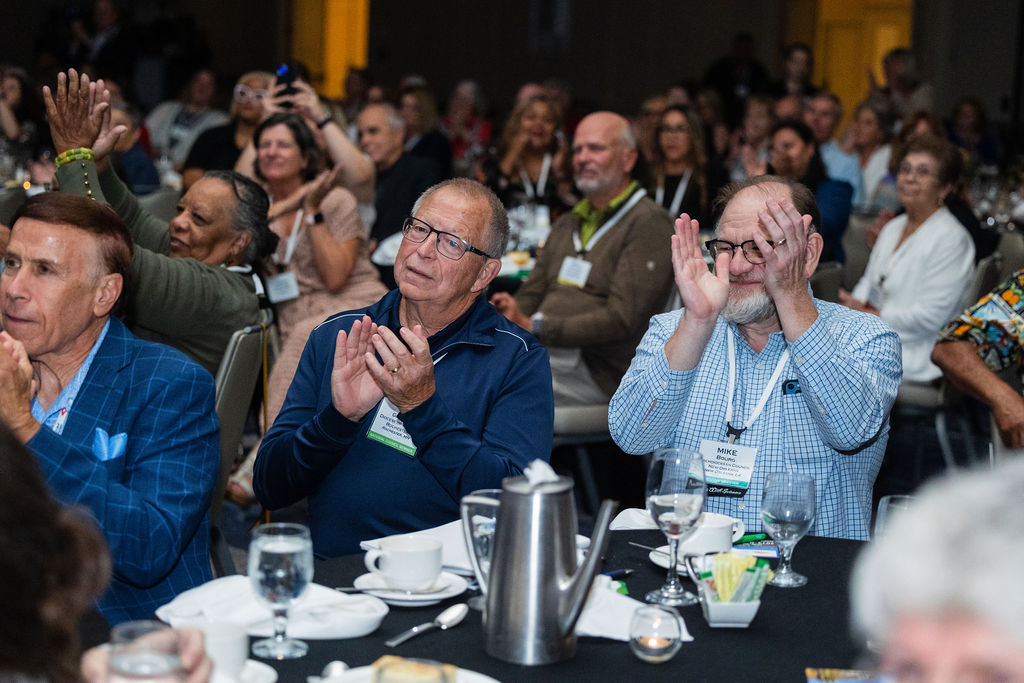
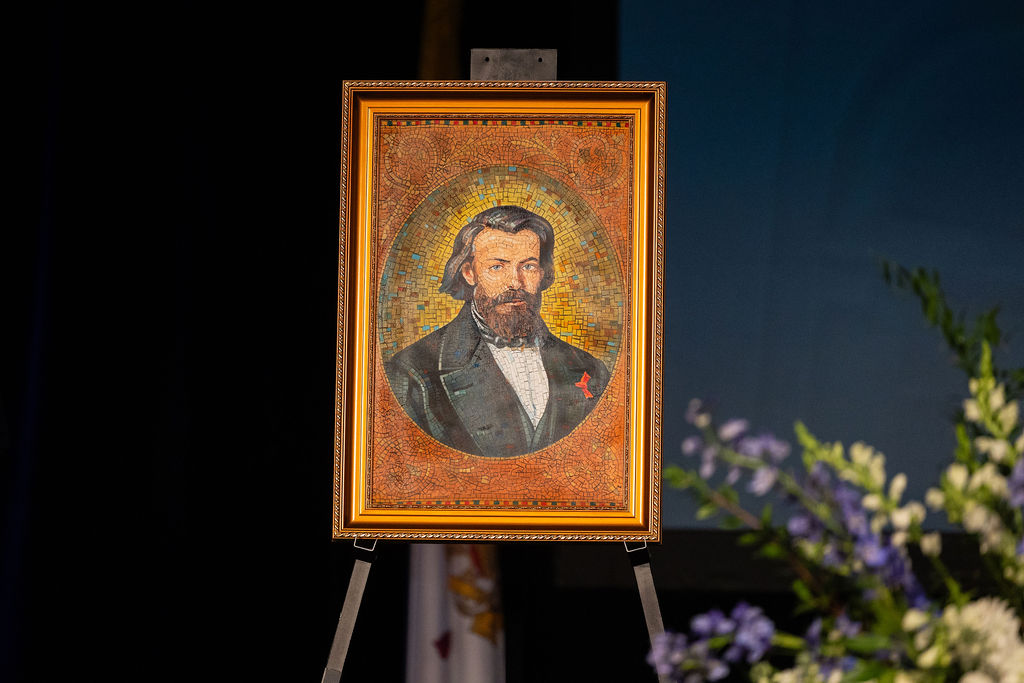
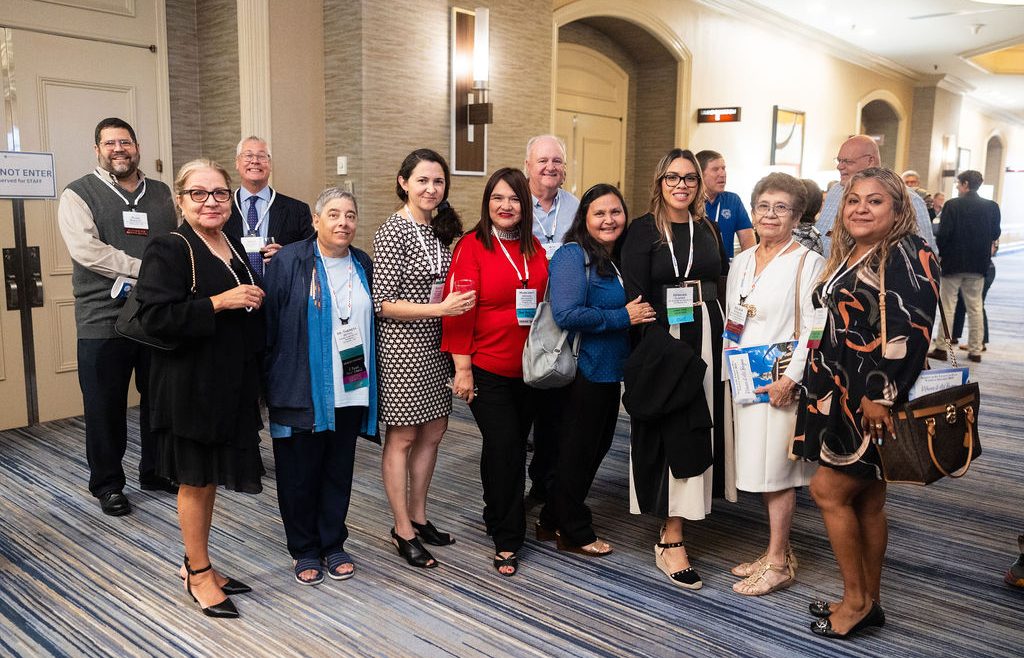
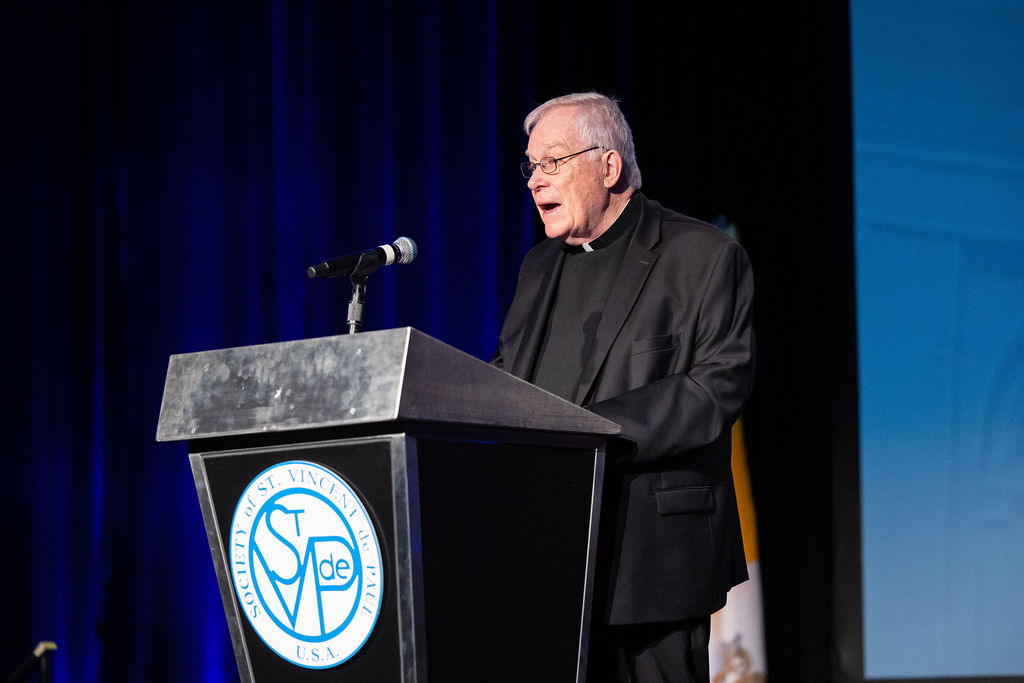
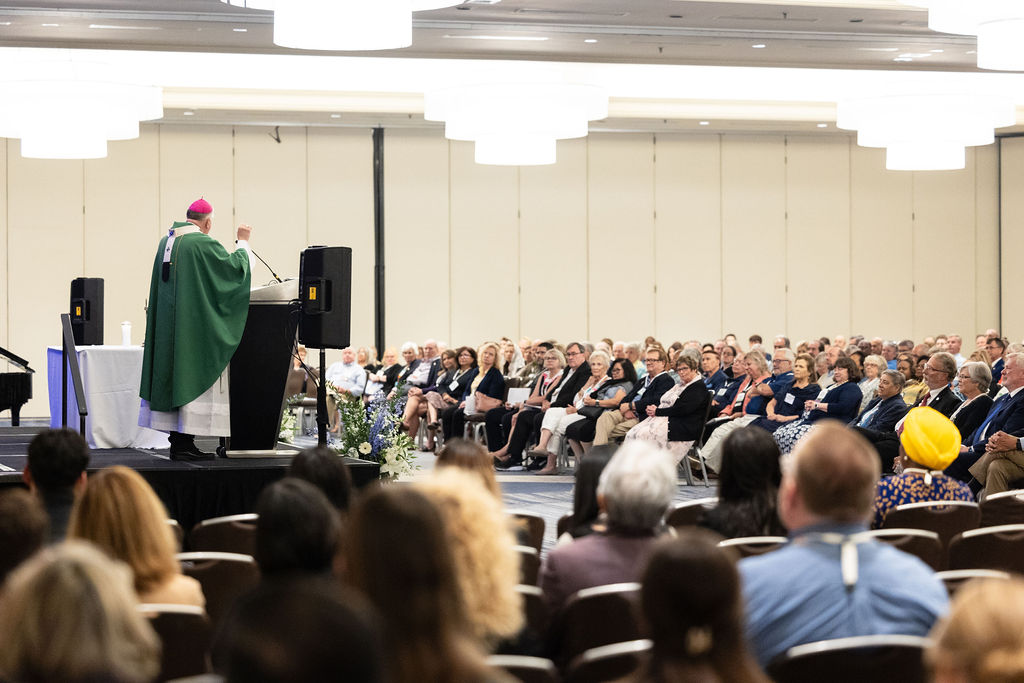
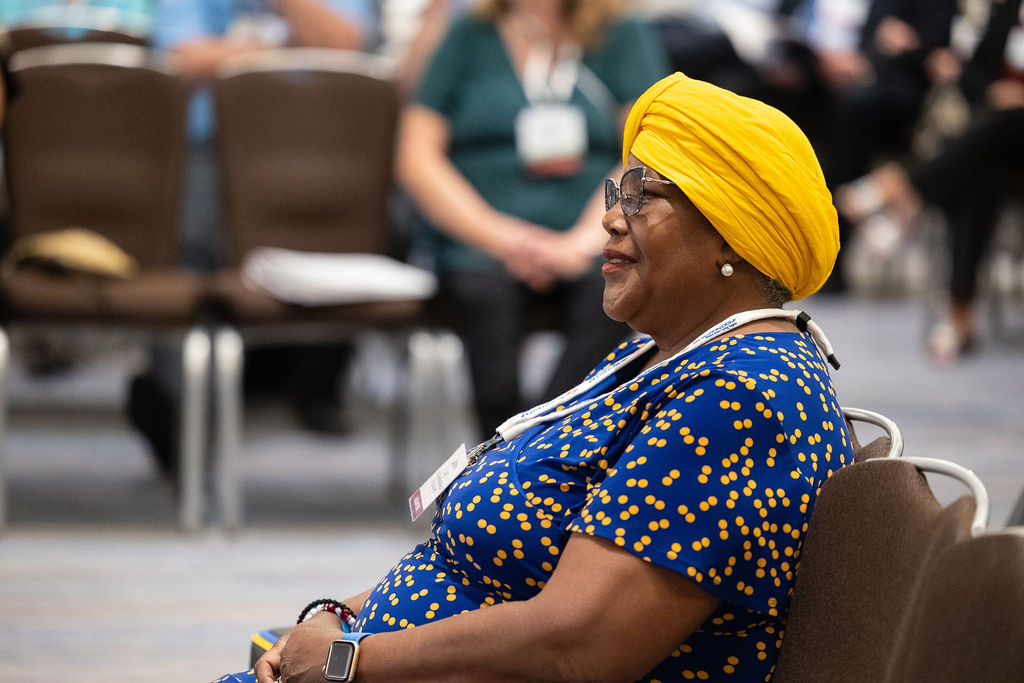
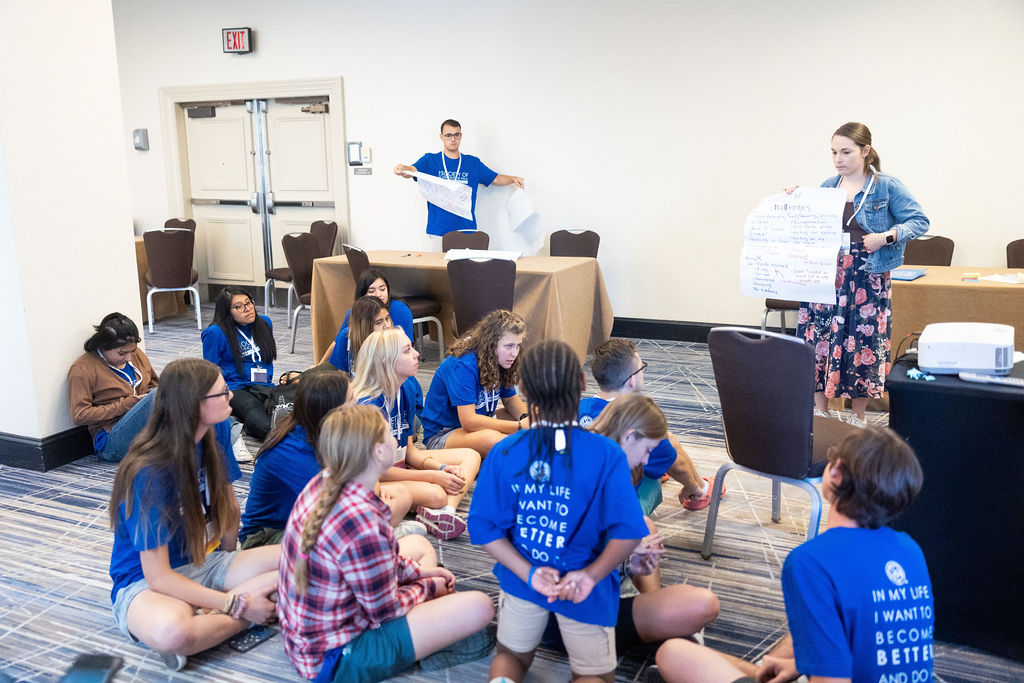
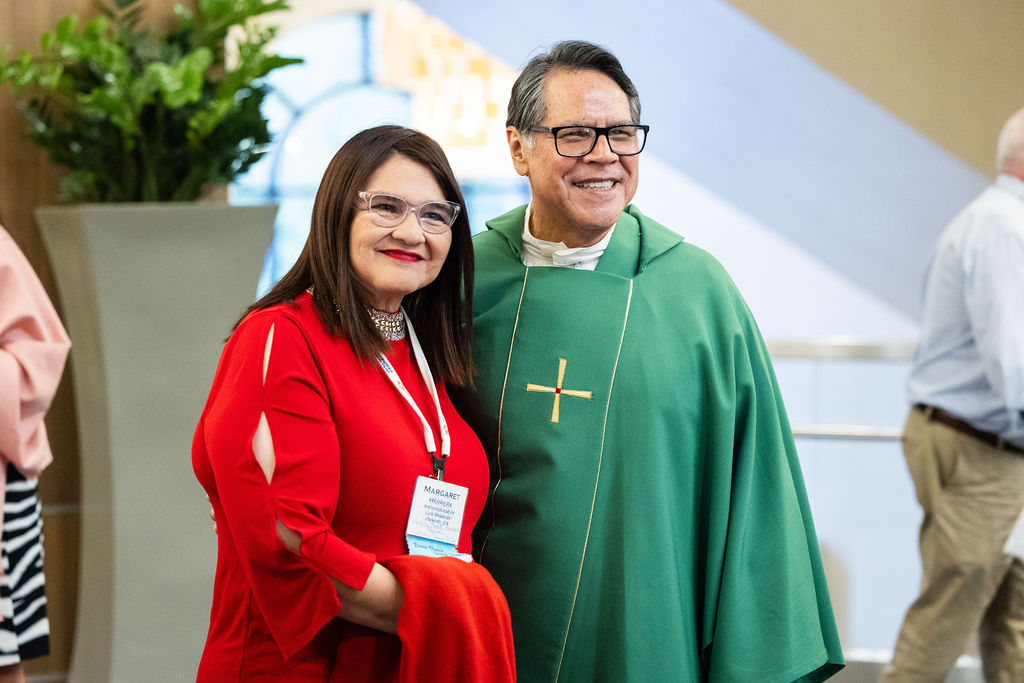
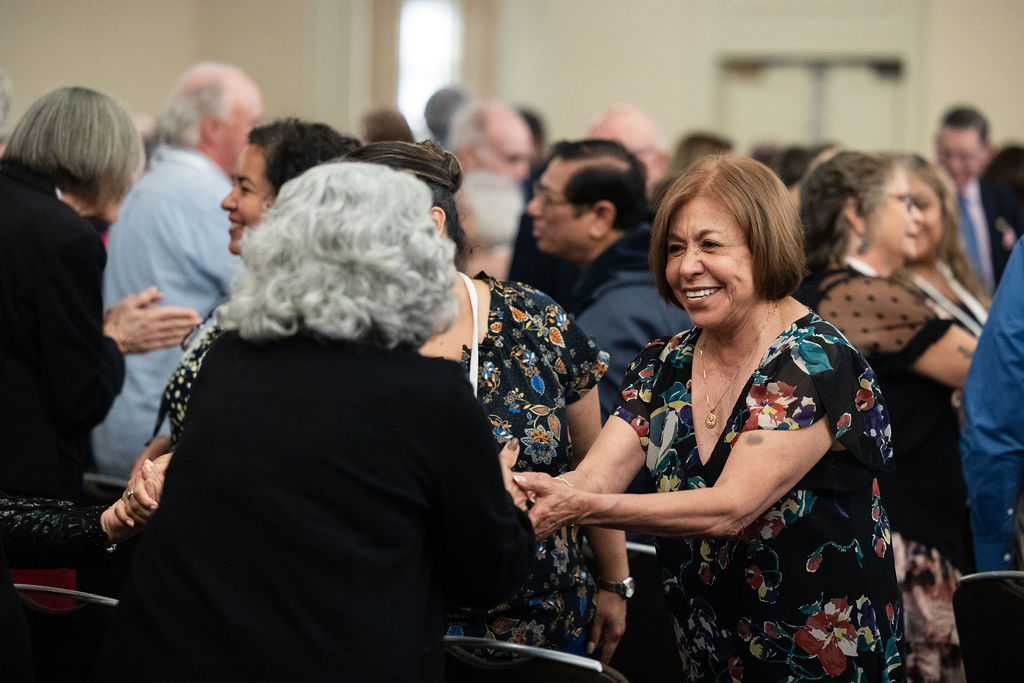
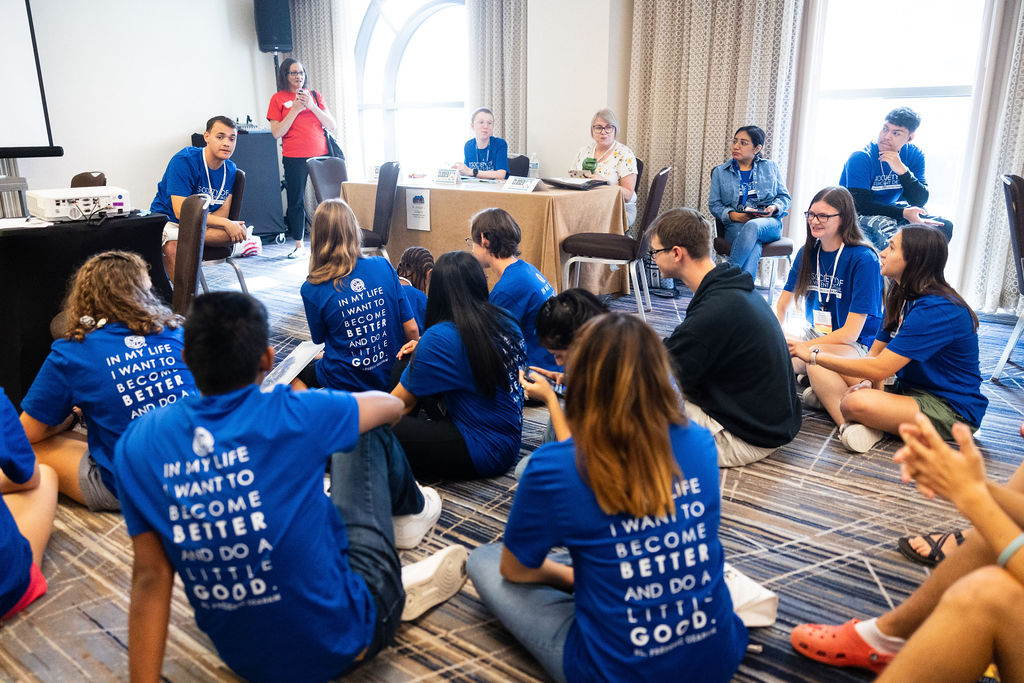
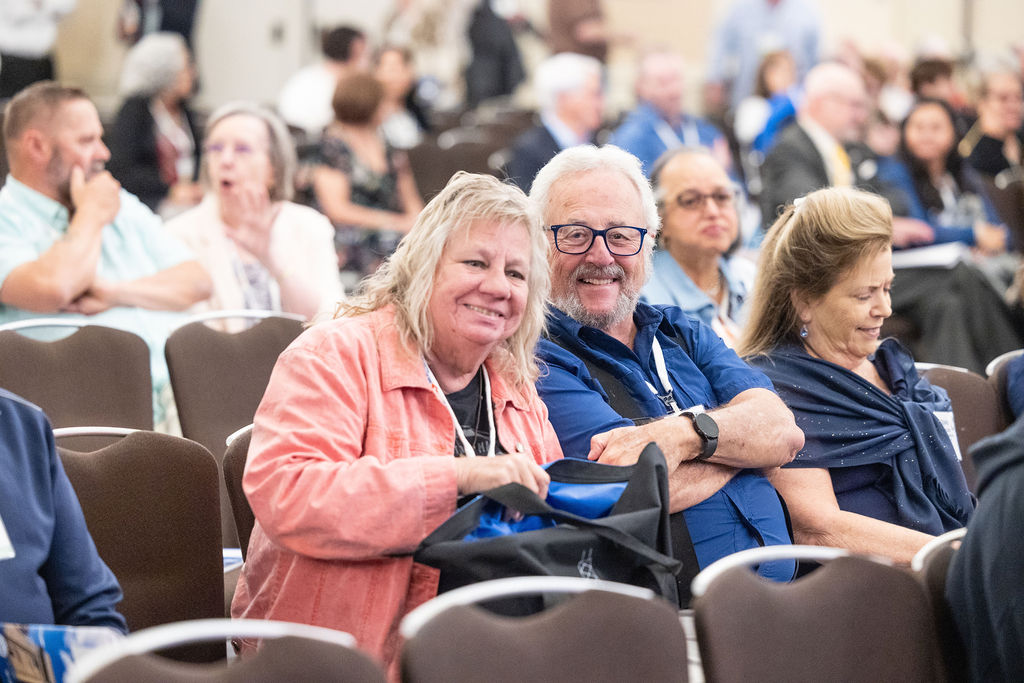
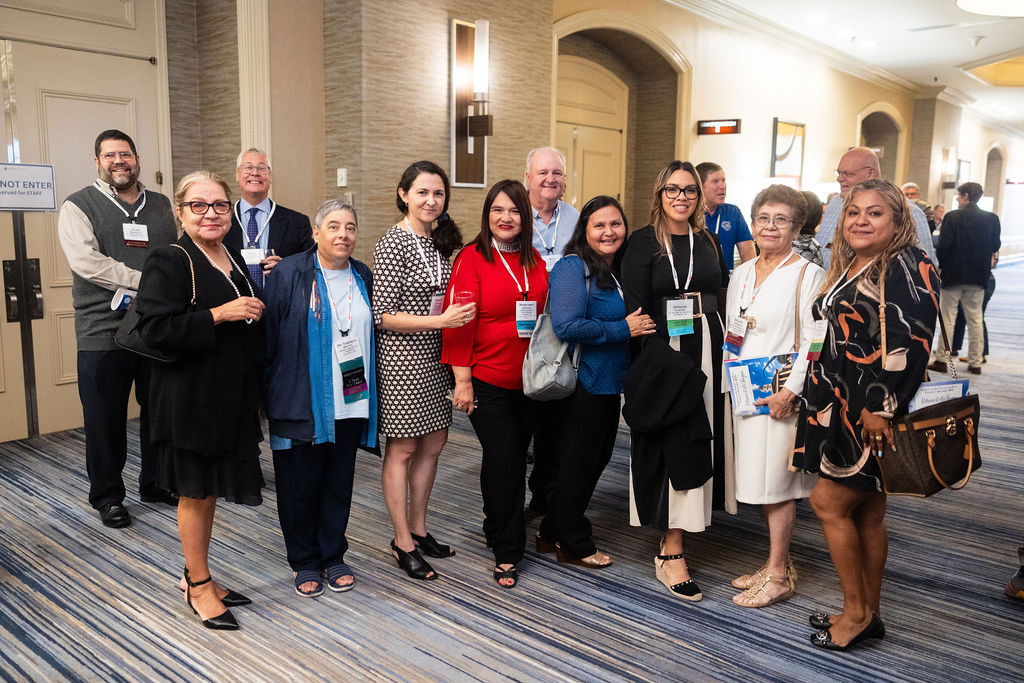
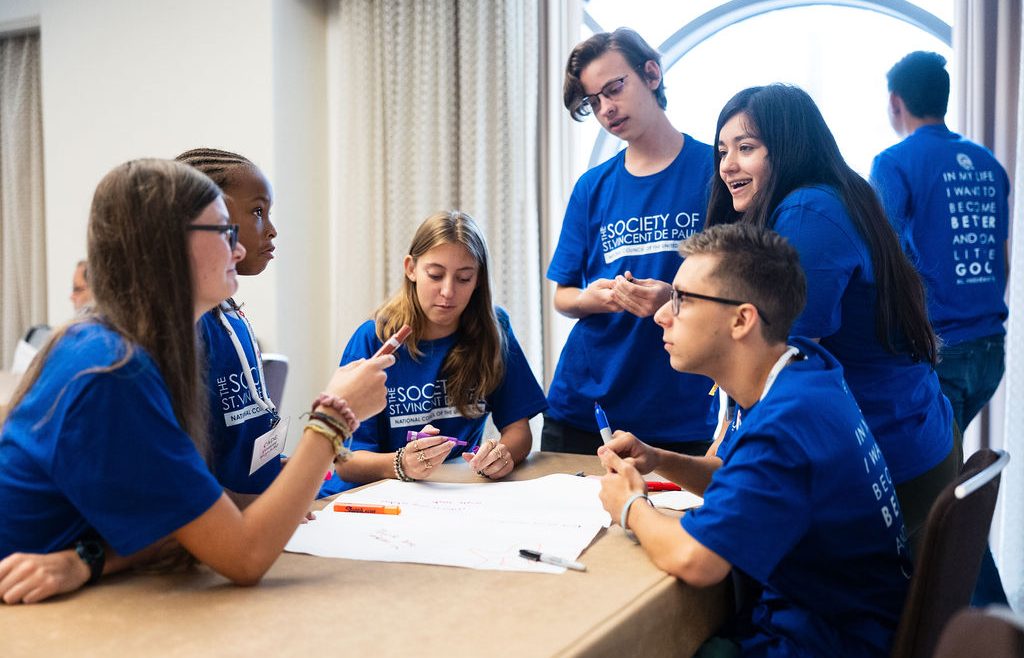
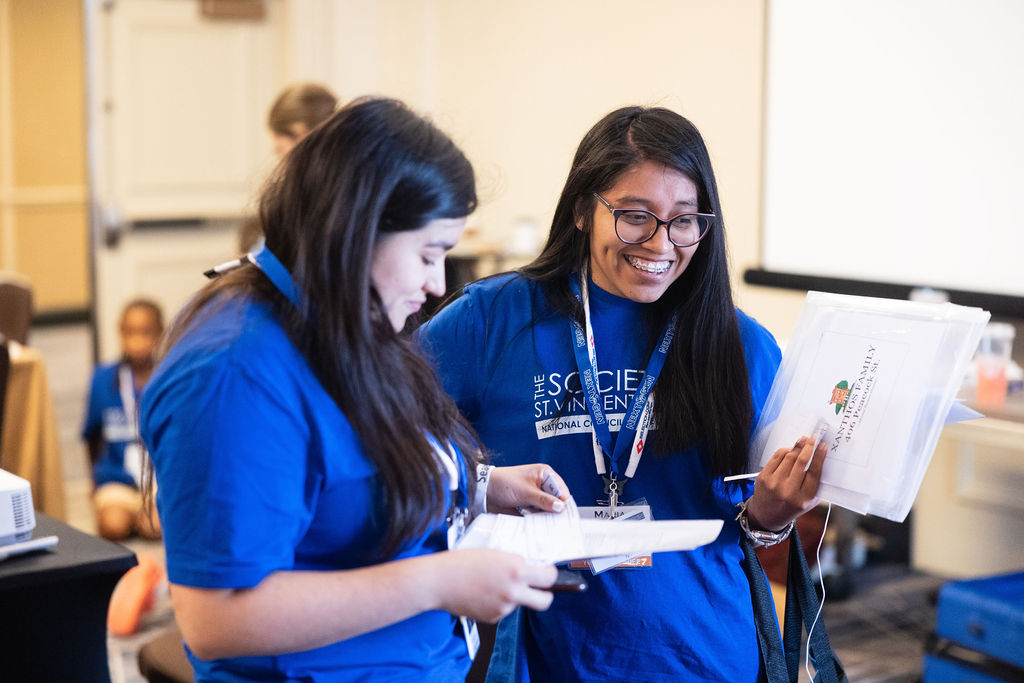
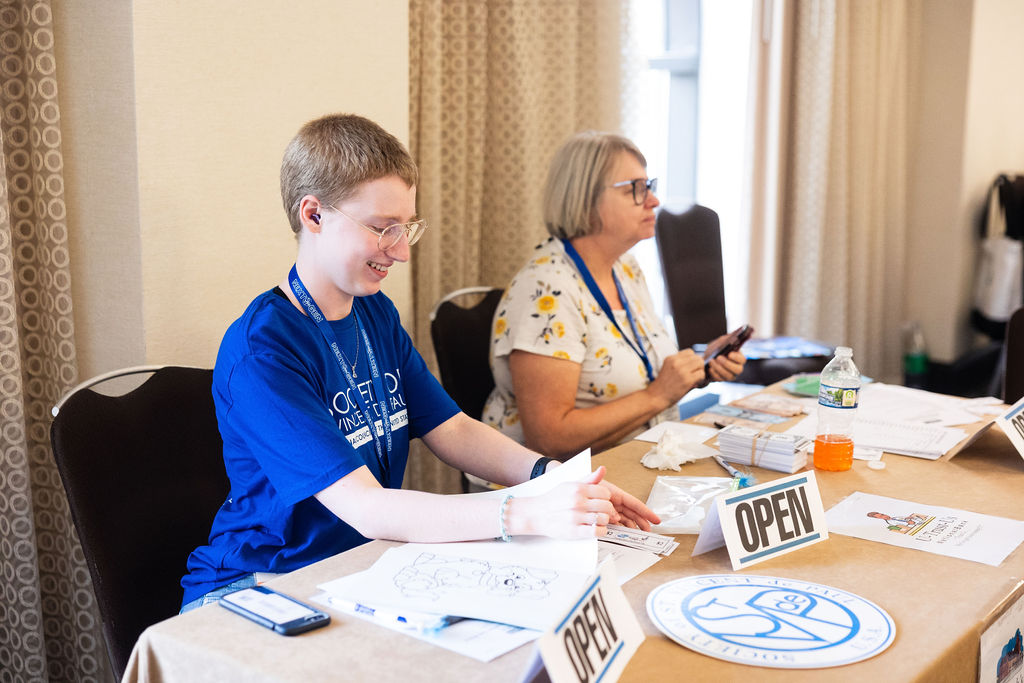
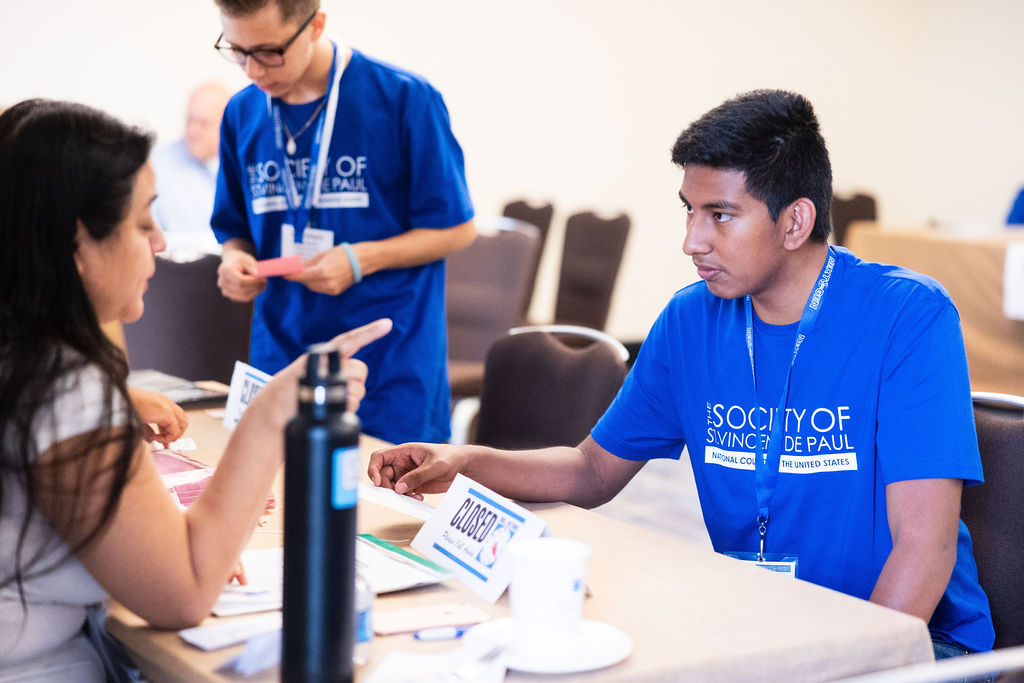
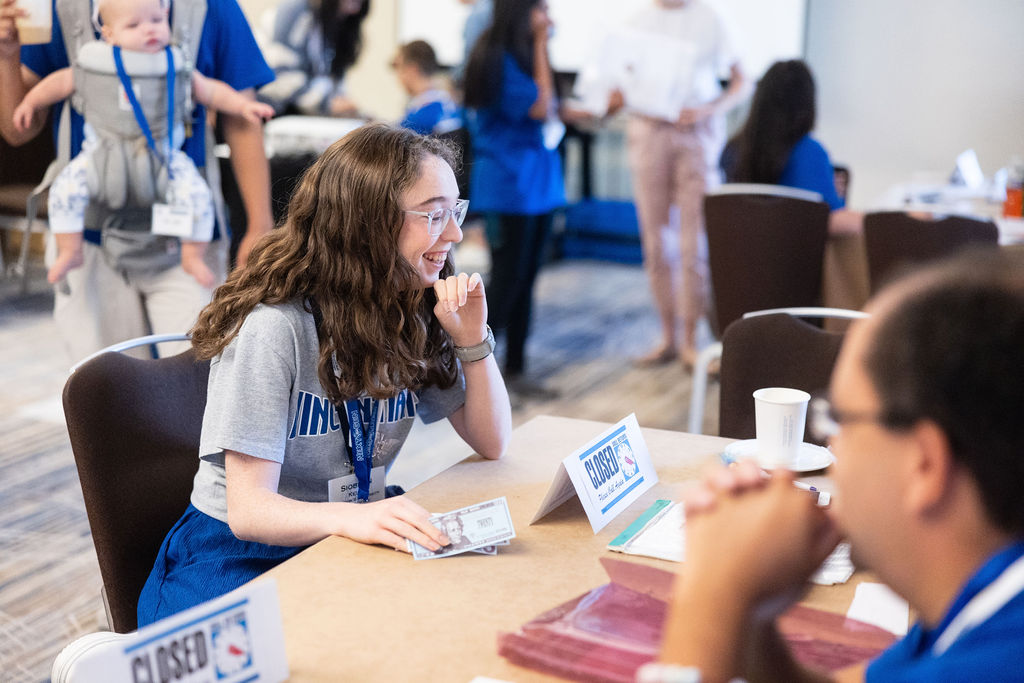
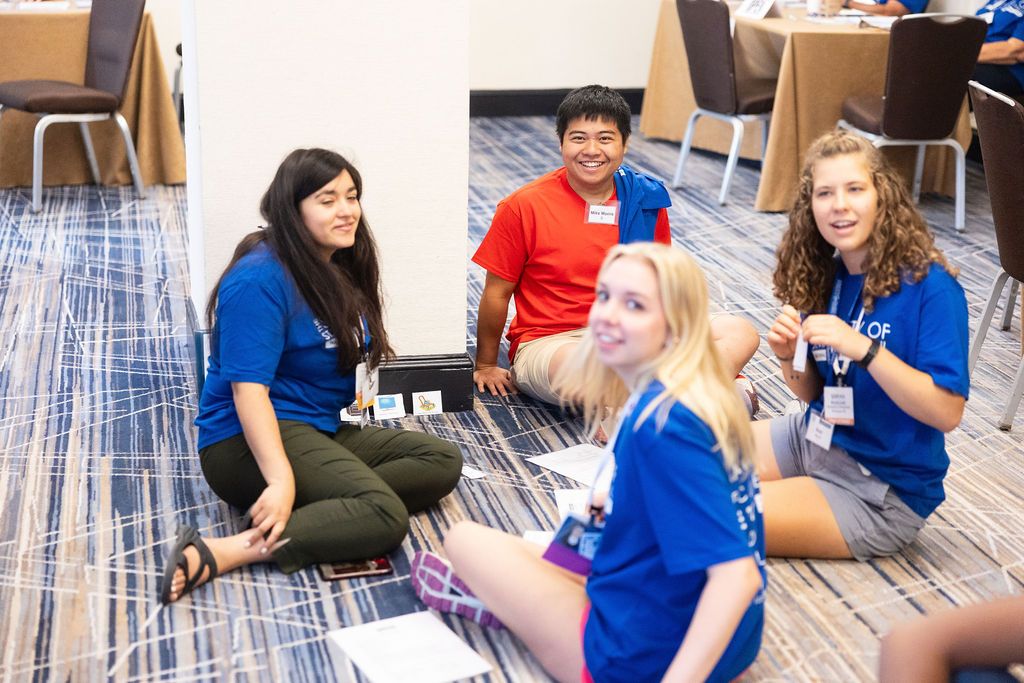
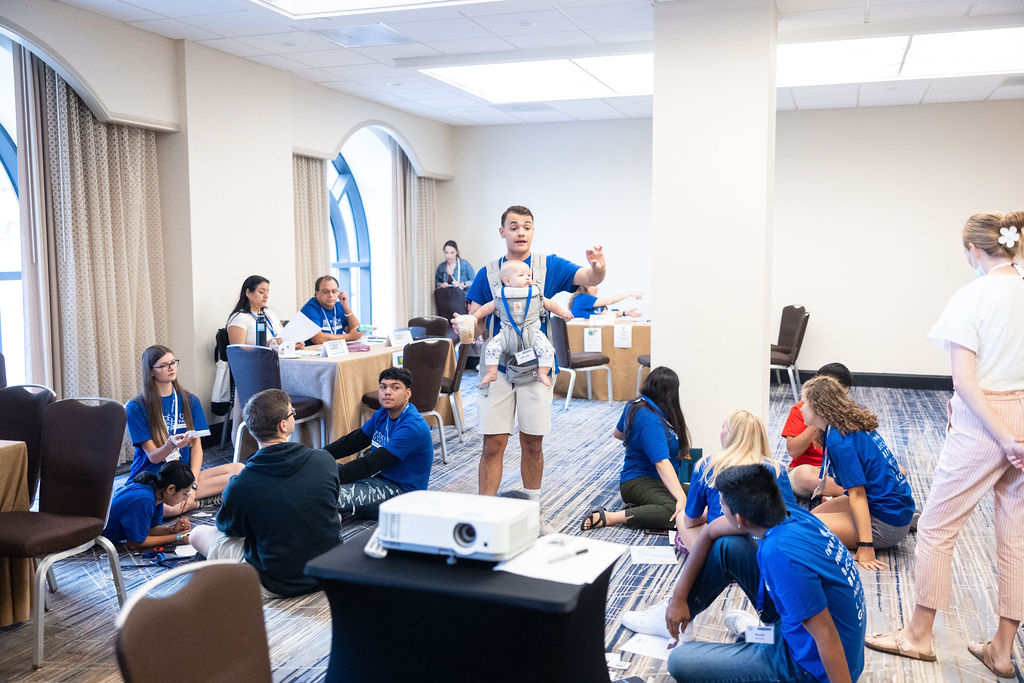
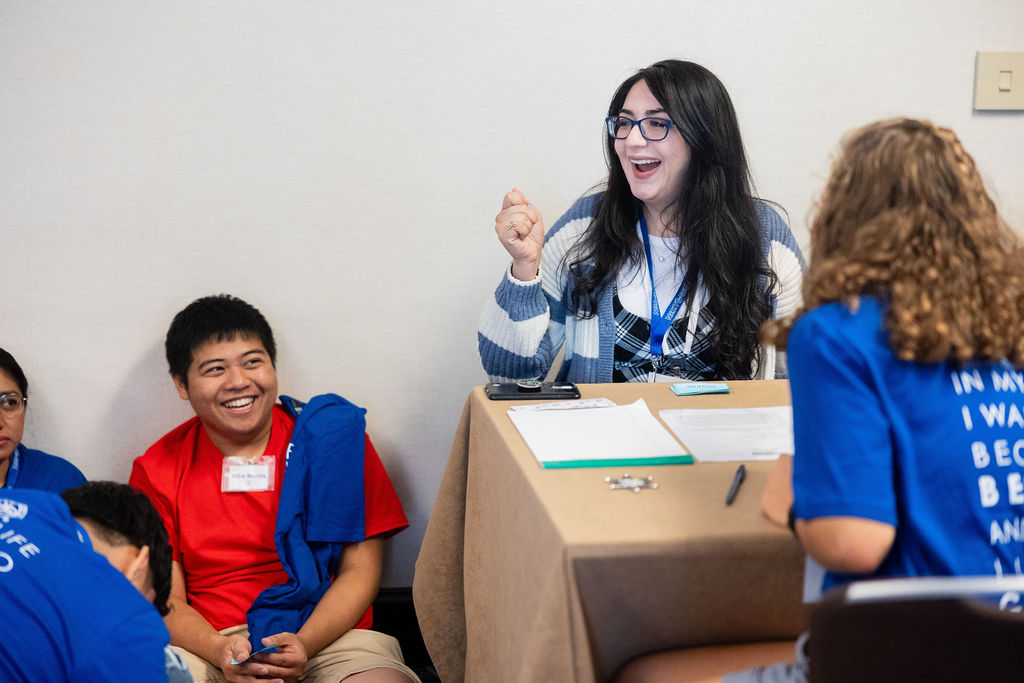
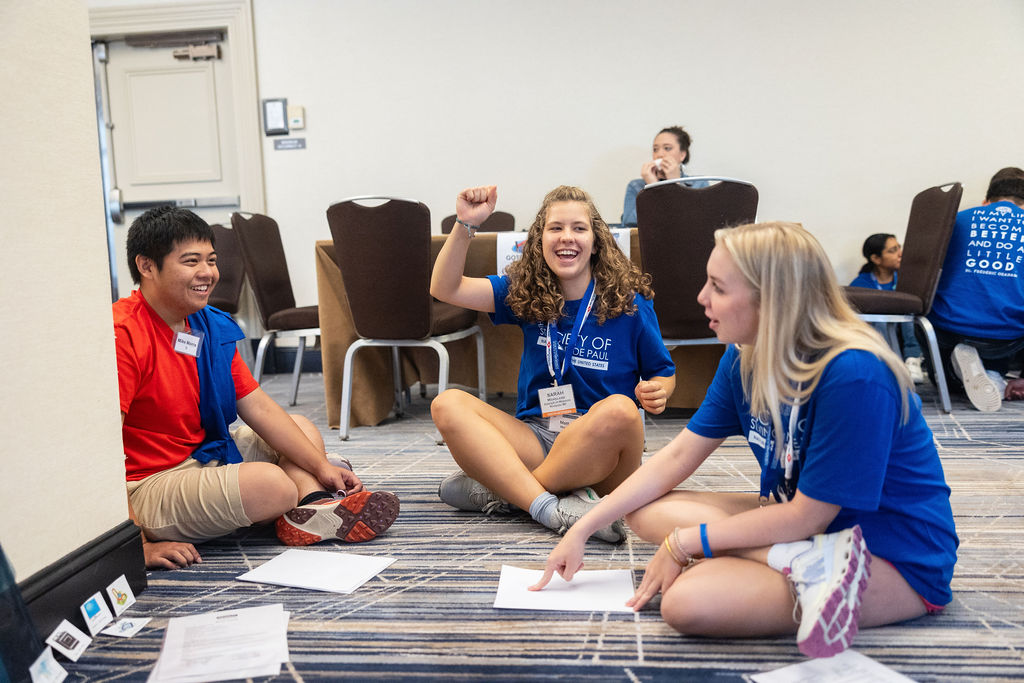
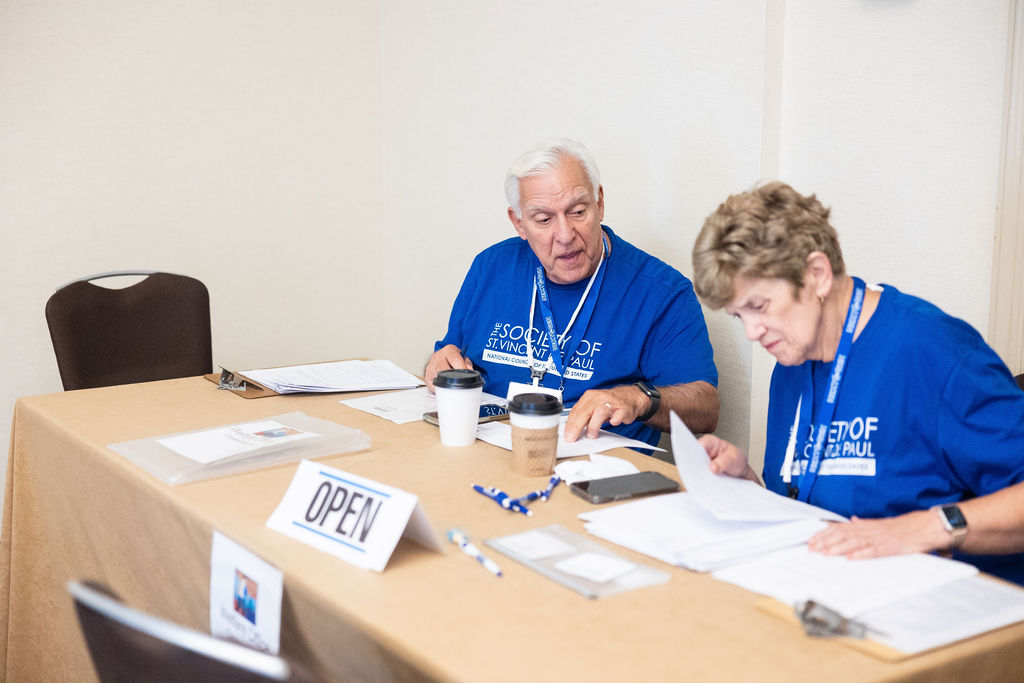
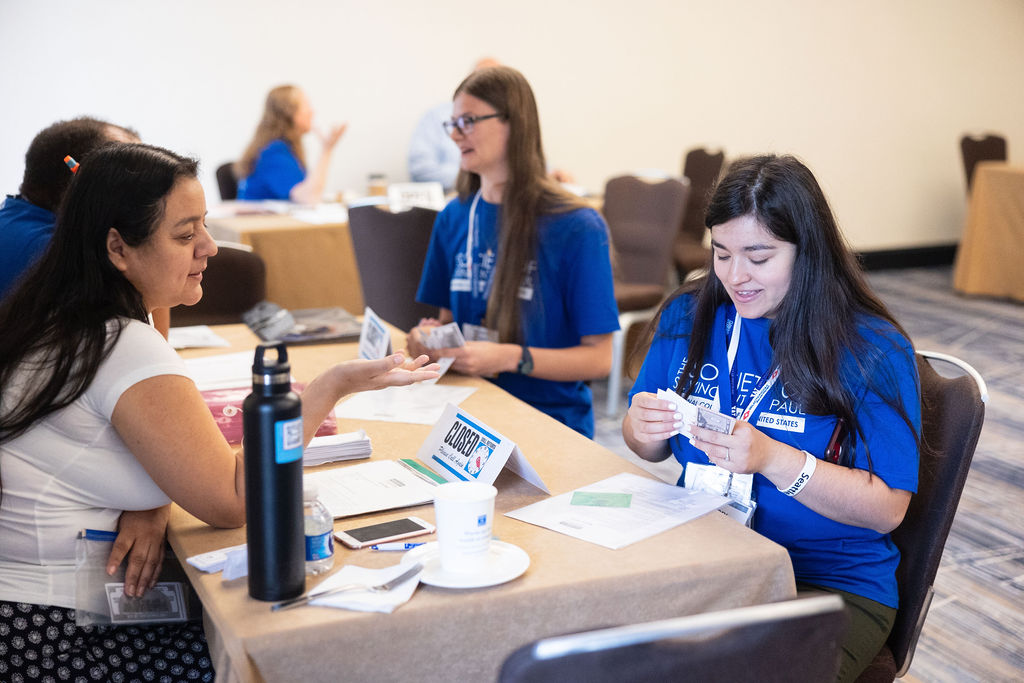
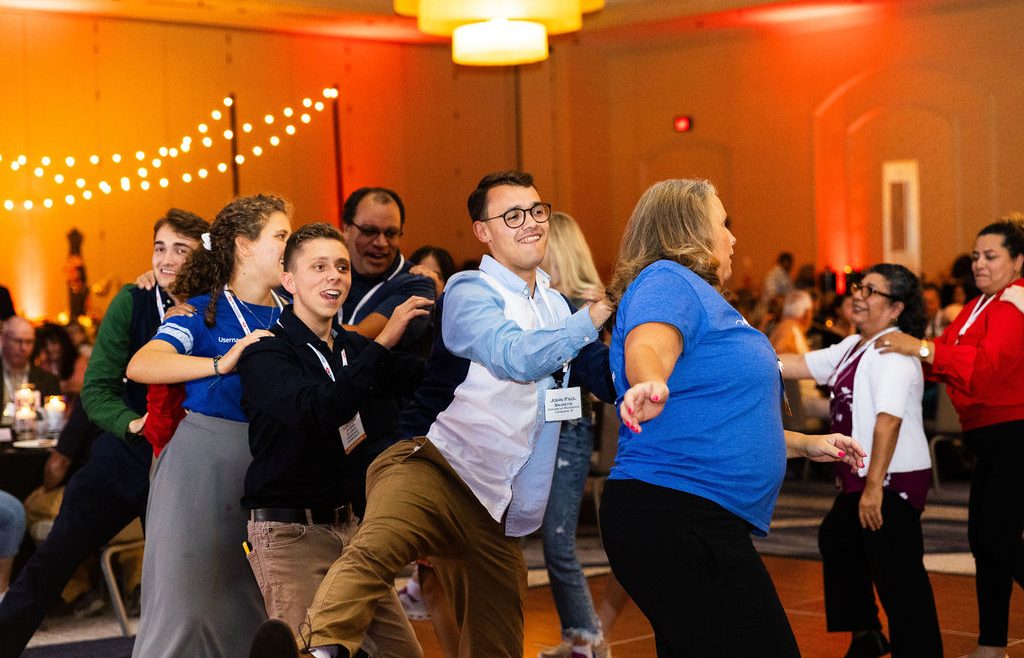
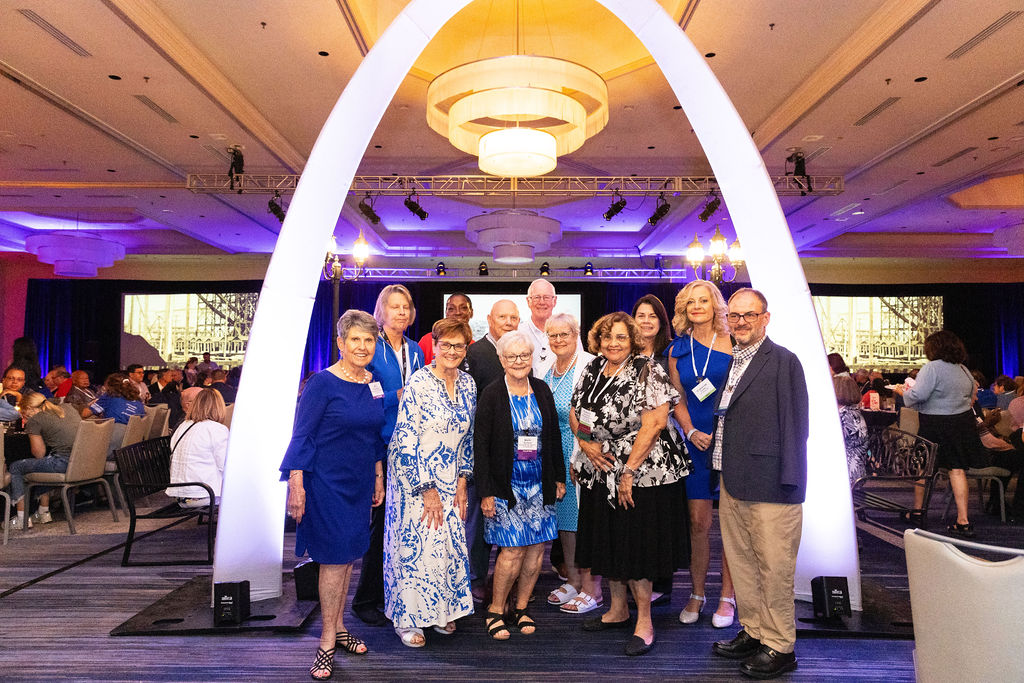
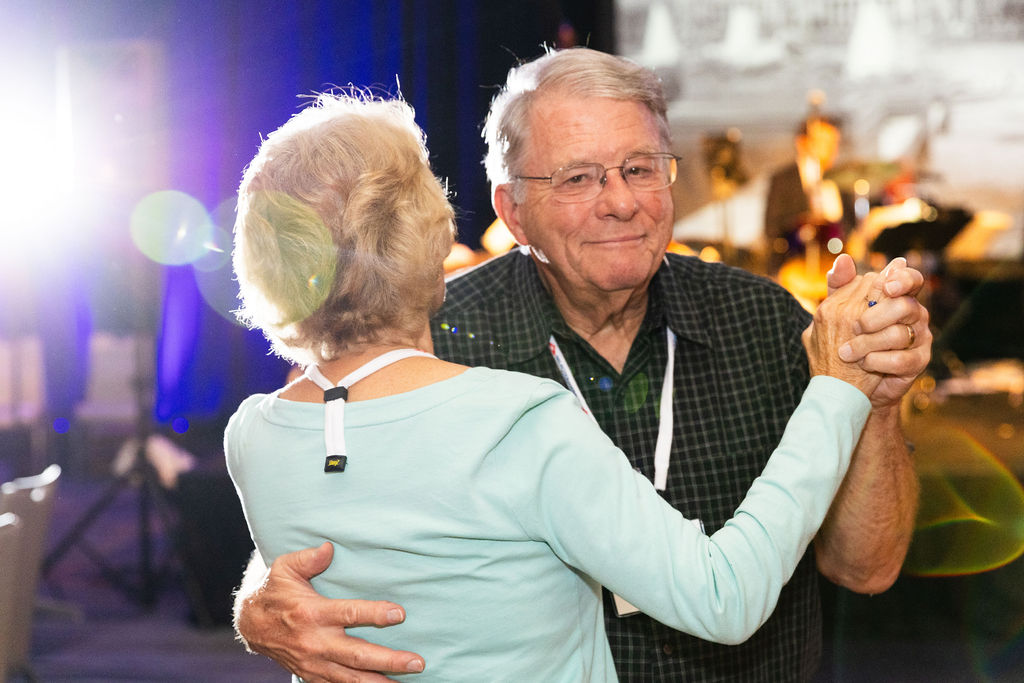
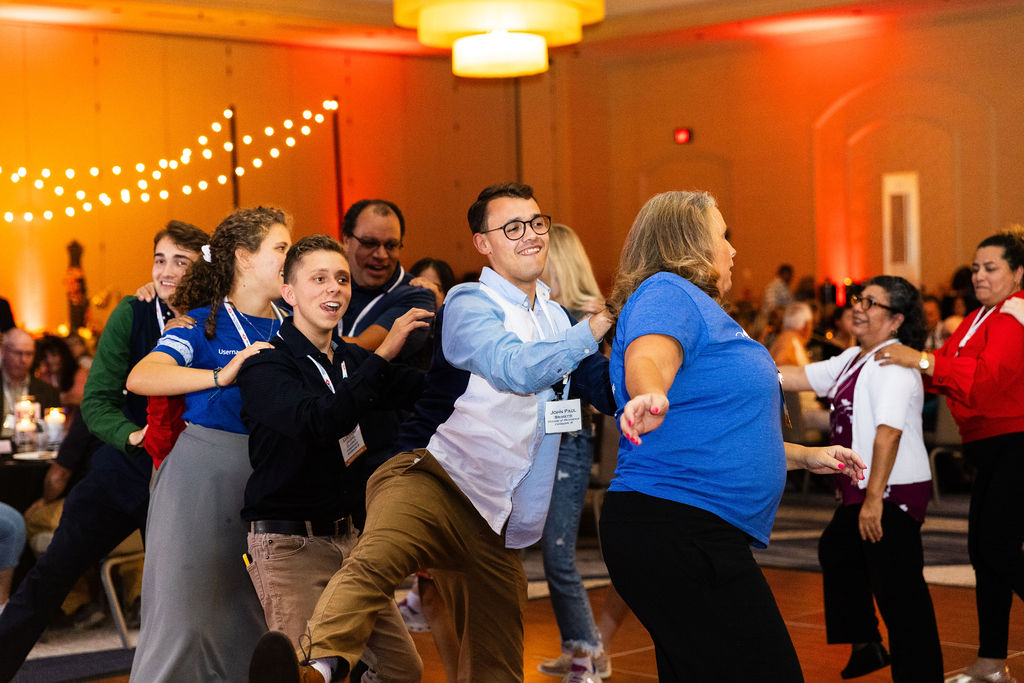
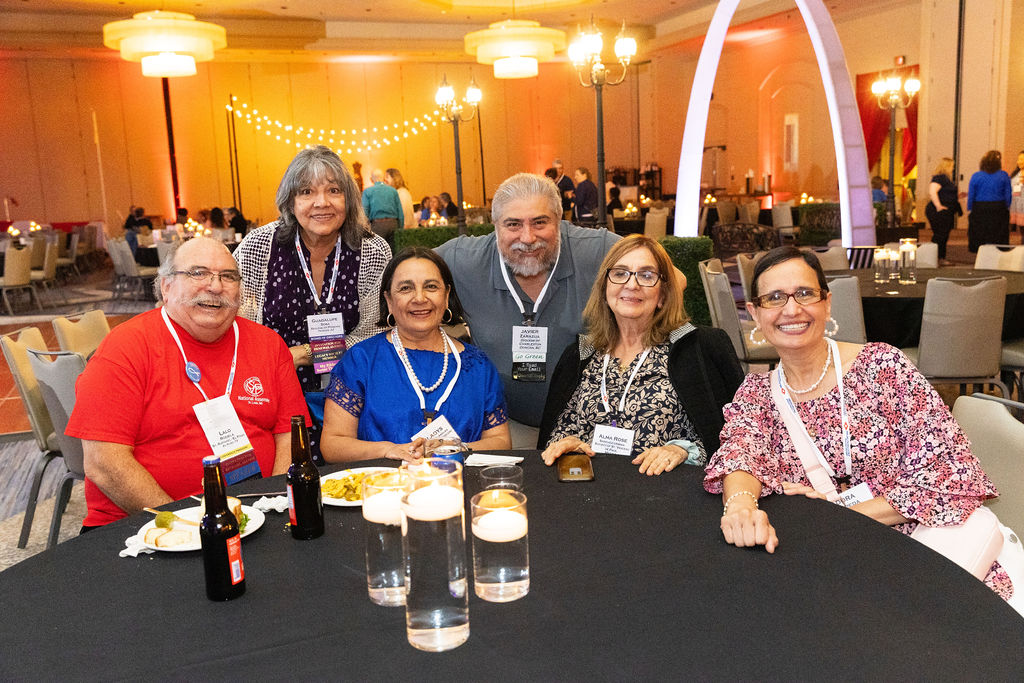
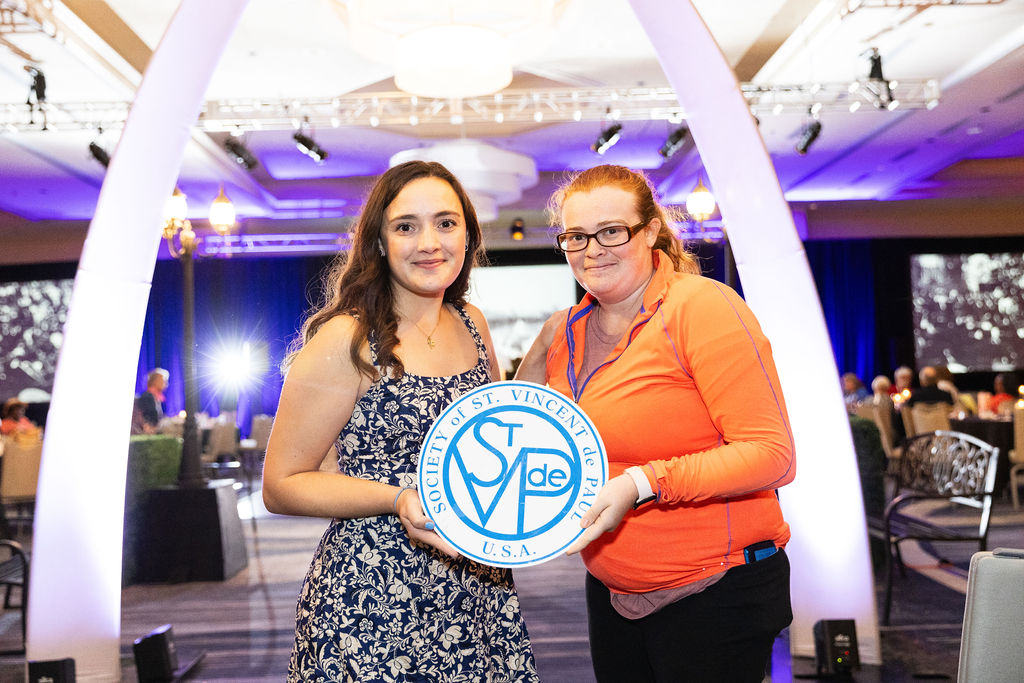
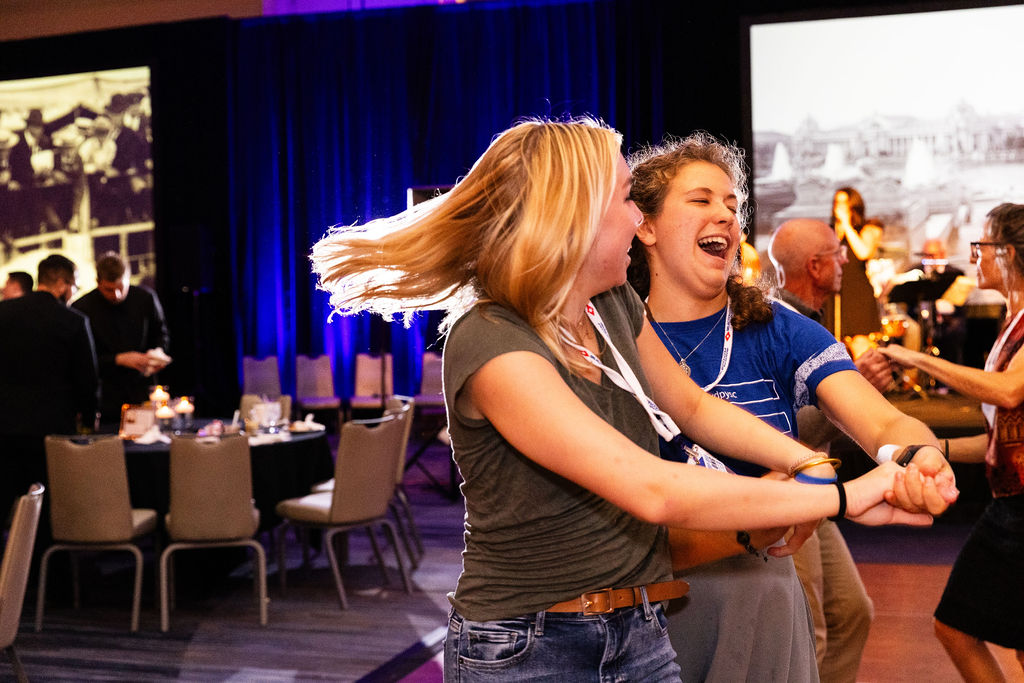
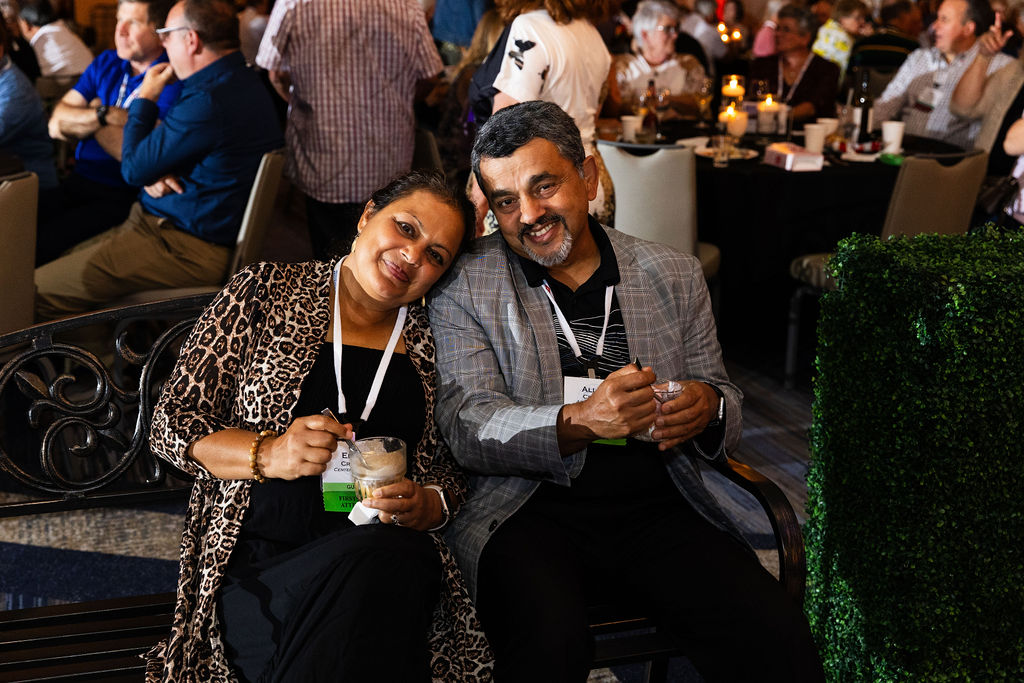
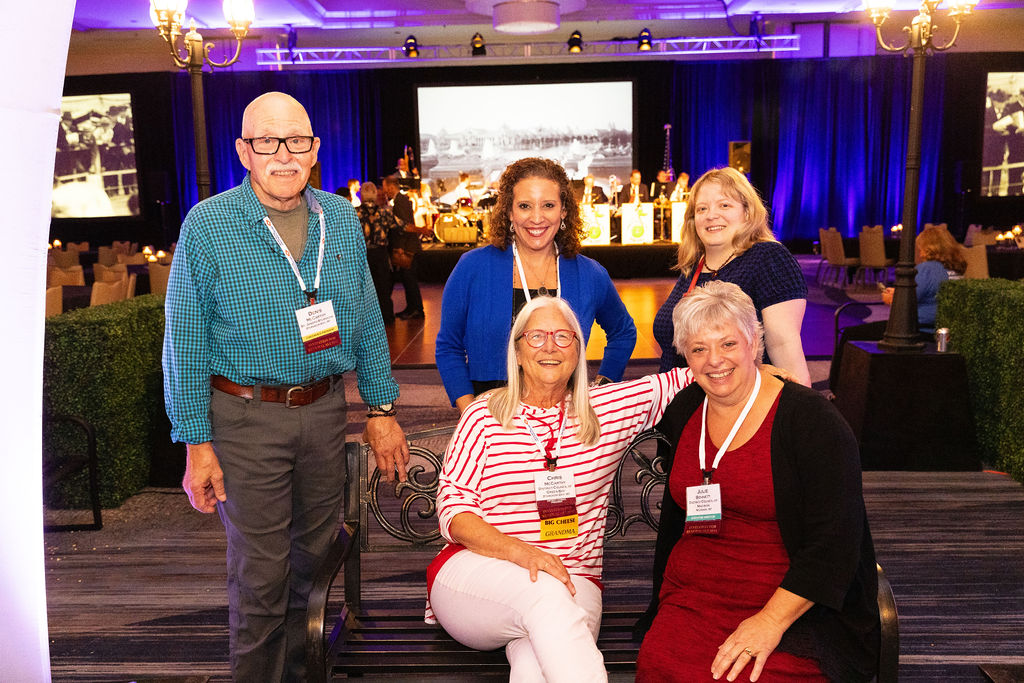
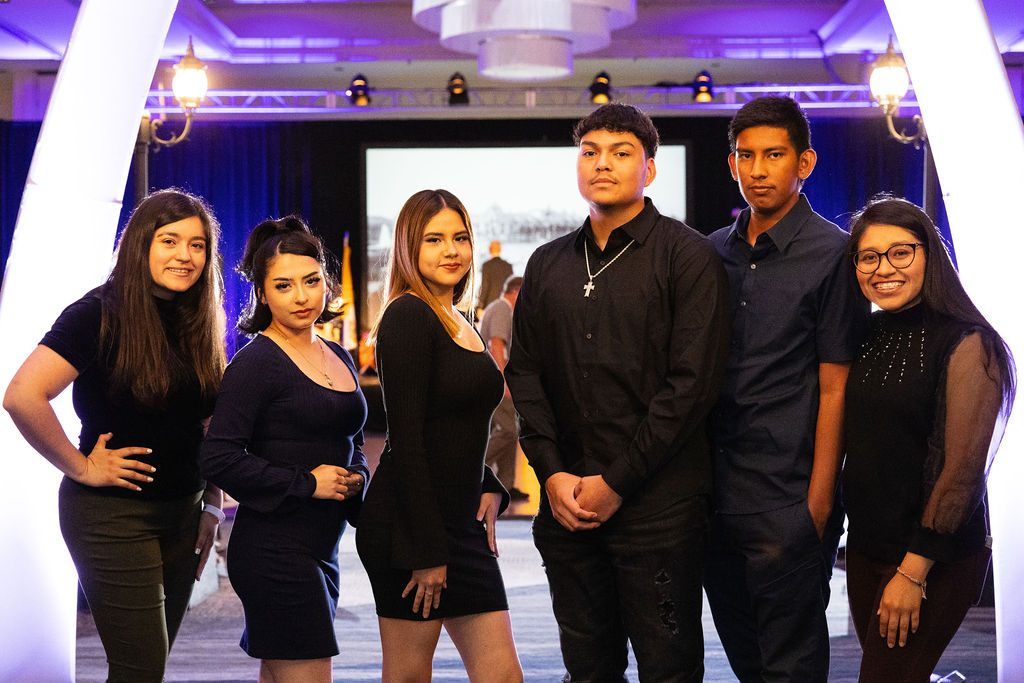
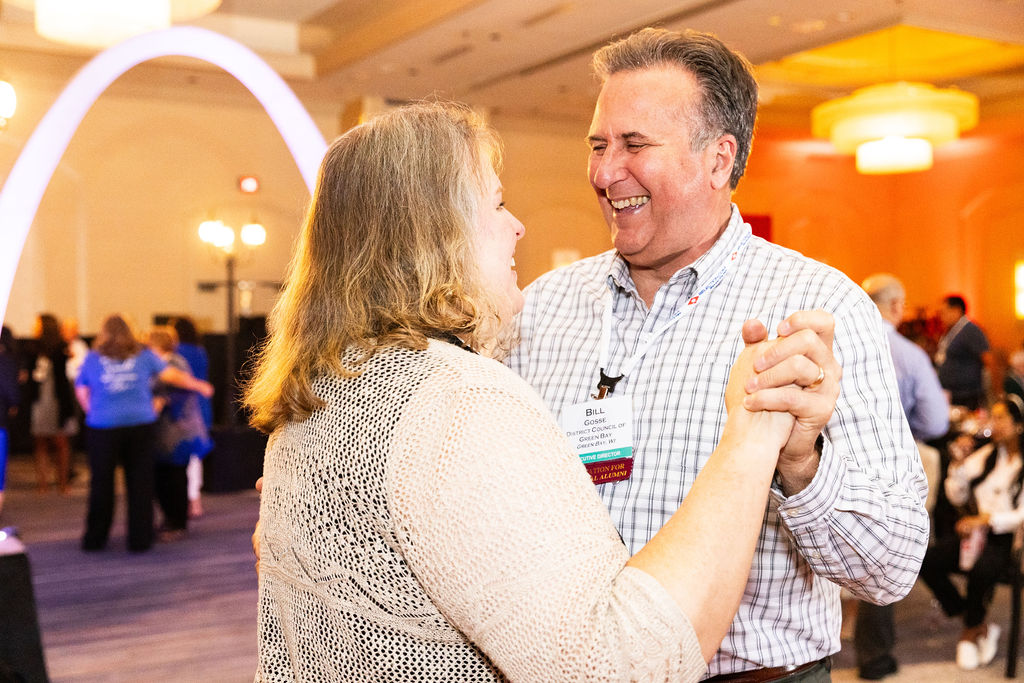
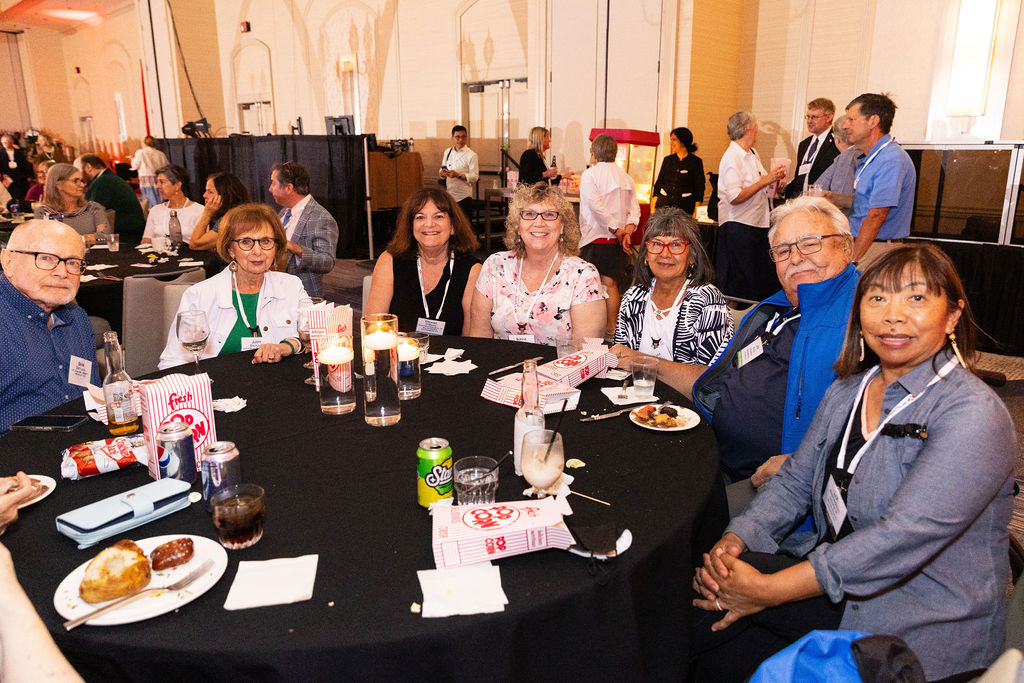
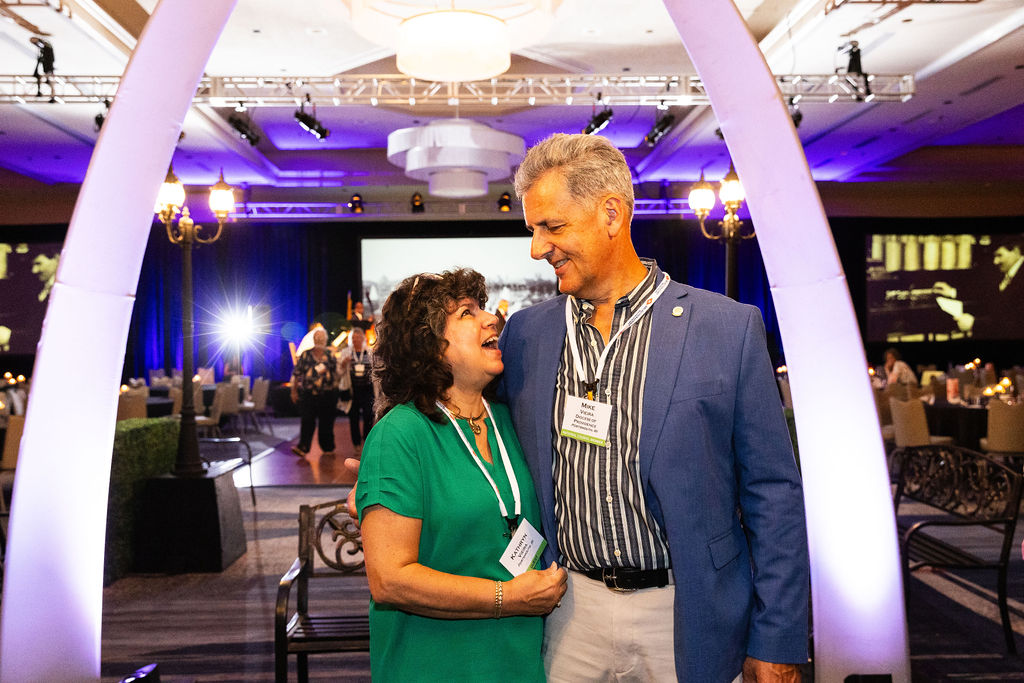
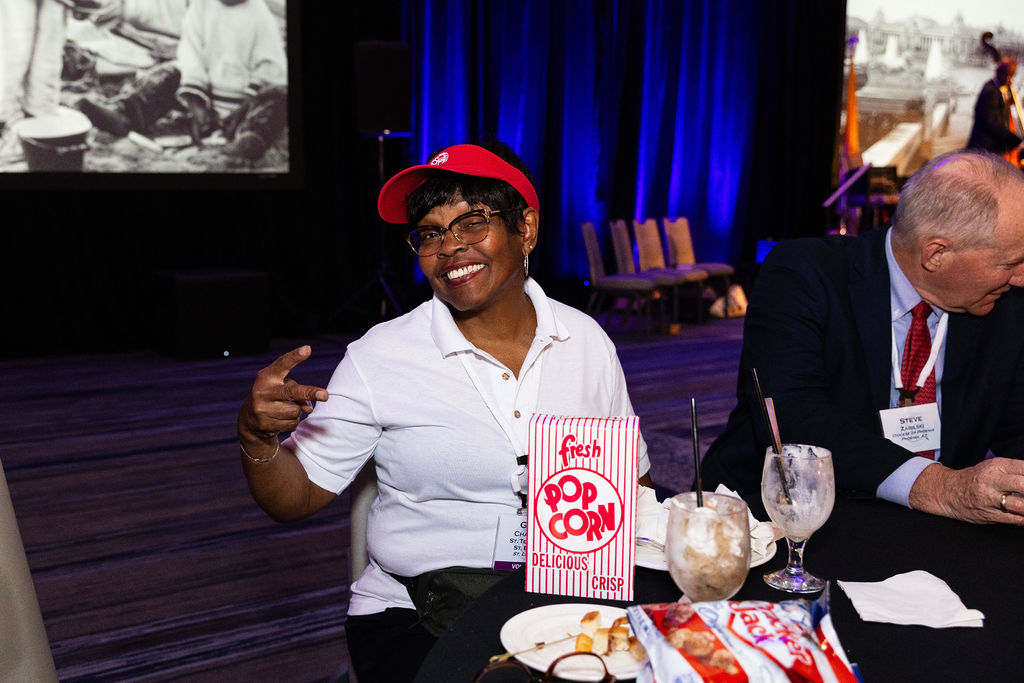
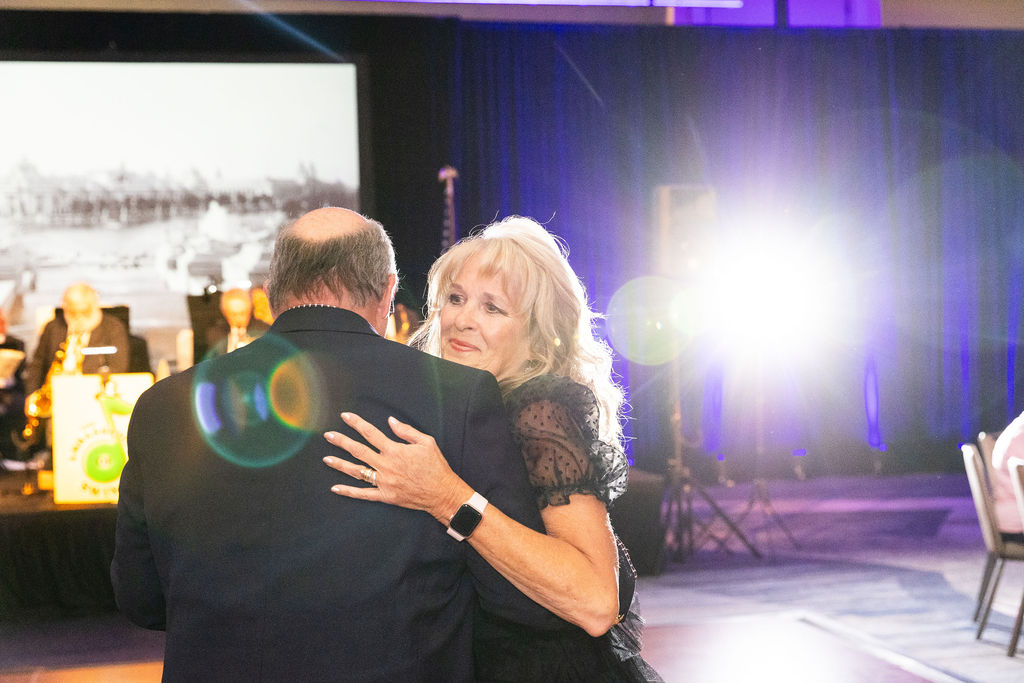
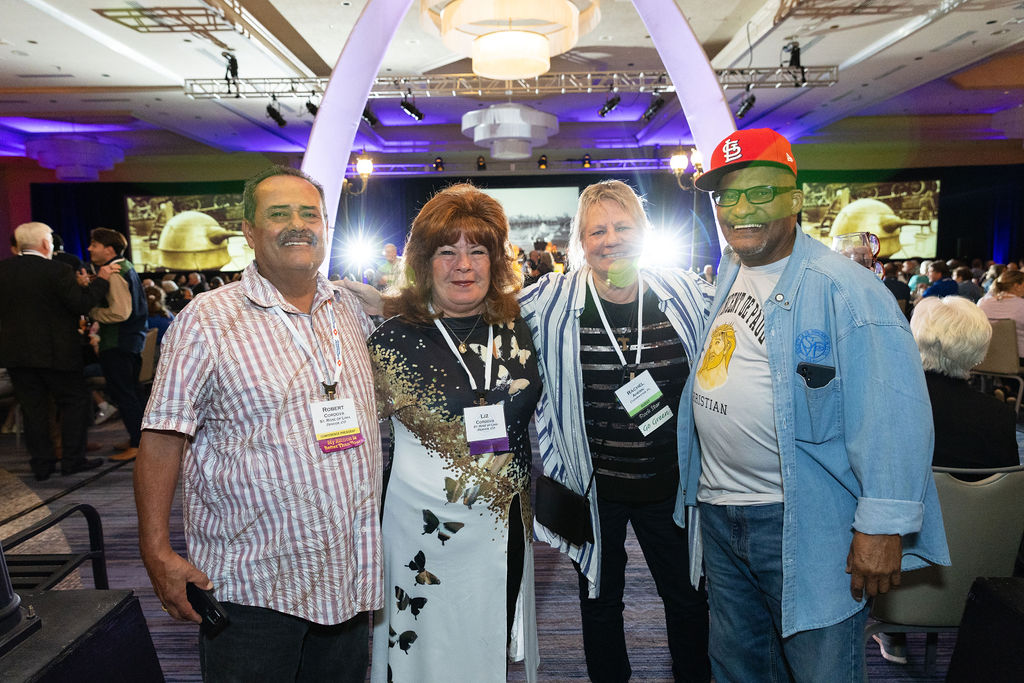
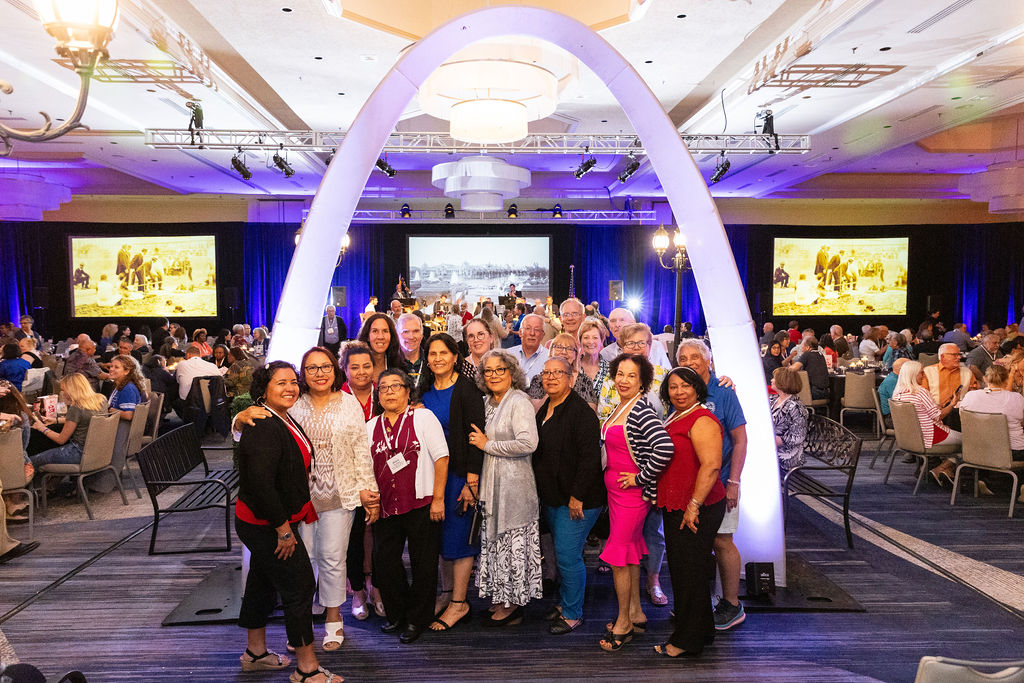
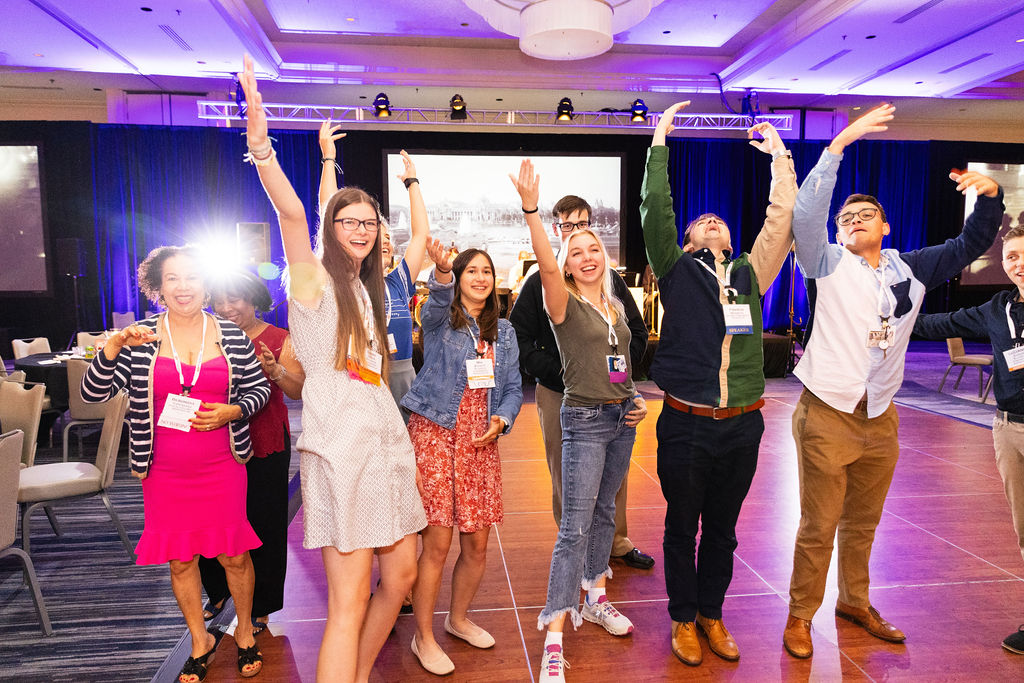
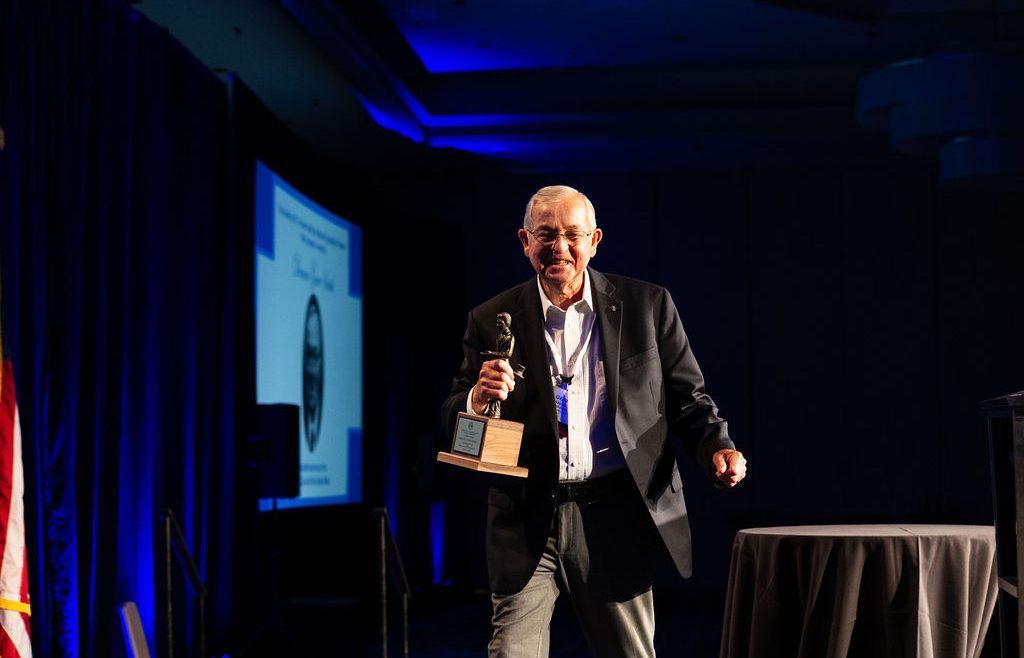
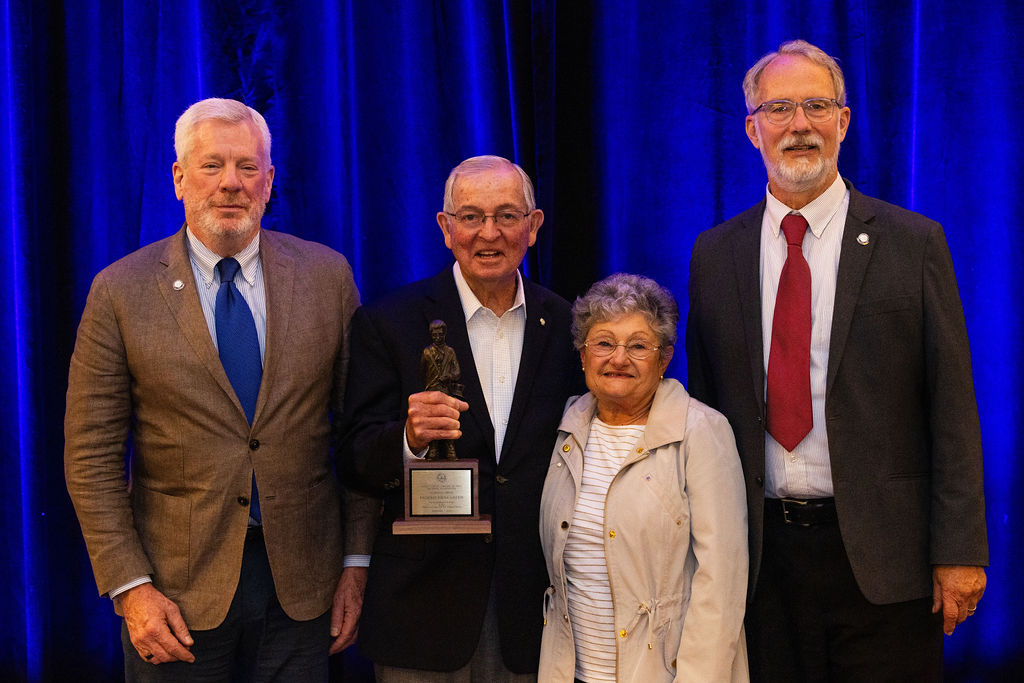 The National Foundation works to support the work of the National Council and strengthens the Vincentian network of charity through financial support and other endeavors. Their award recognizes Smith’s exceptional service and outstanding contributions to the National Council of the United States, Society of St. Vincent de Paul.
The National Foundation works to support the work of the National Council and strengthens the Vincentian network of charity through financial support and other endeavors. Their award recognizes Smith’s exceptional service and outstanding contributions to the National Council of the United States, Society of St. Vincent de Paul.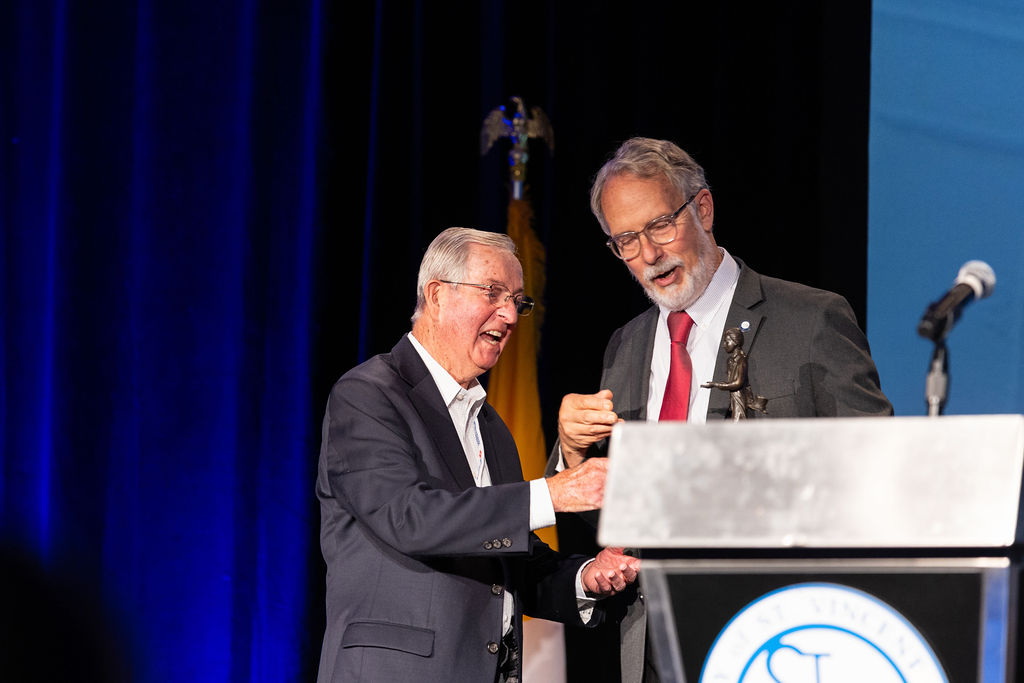 Smith served a six-year term as National President from 1999 to 2005. Among the hallmarks of his presidency, Smith let the Society through its first strategic plan, and helped implement the Society’s first formal mission statement. He also oversaw establishment of the Voice of the Poor Committee, developed “to uphold Catholic social teaching by researching, validating, documenting, advocating, and promulgating issues related to the condition of the poor and disenfranchised.”
Smith served a six-year term as National President from 1999 to 2005. Among the hallmarks of his presidency, Smith let the Society through its first strategic plan, and helped implement the Society’s first formal mission statement. He also oversaw establishment of the Voice of the Poor Committee, developed “to uphold Catholic social teaching by researching, validating, documenting, advocating, and promulgating issues related to the condition of the poor and disenfranchised.”